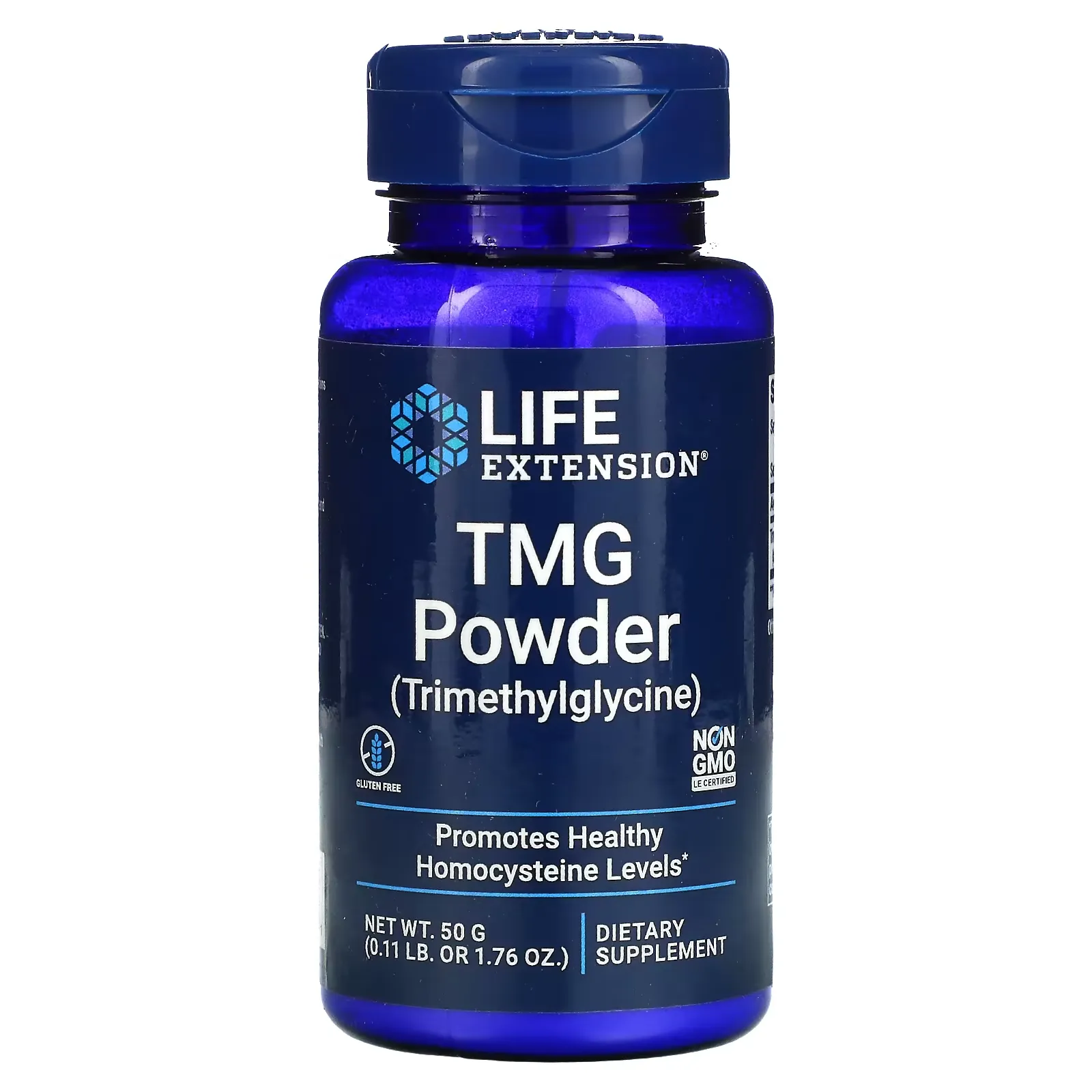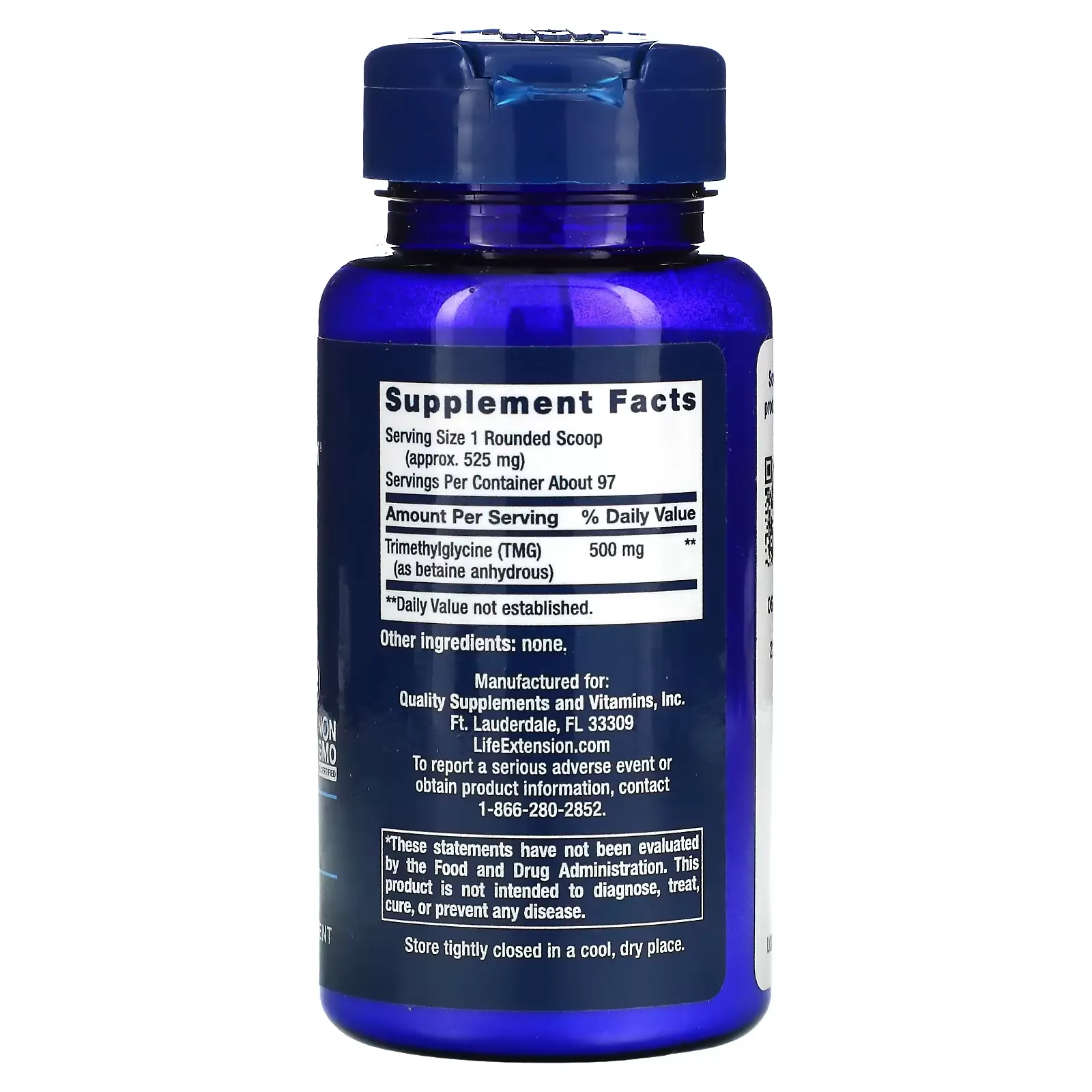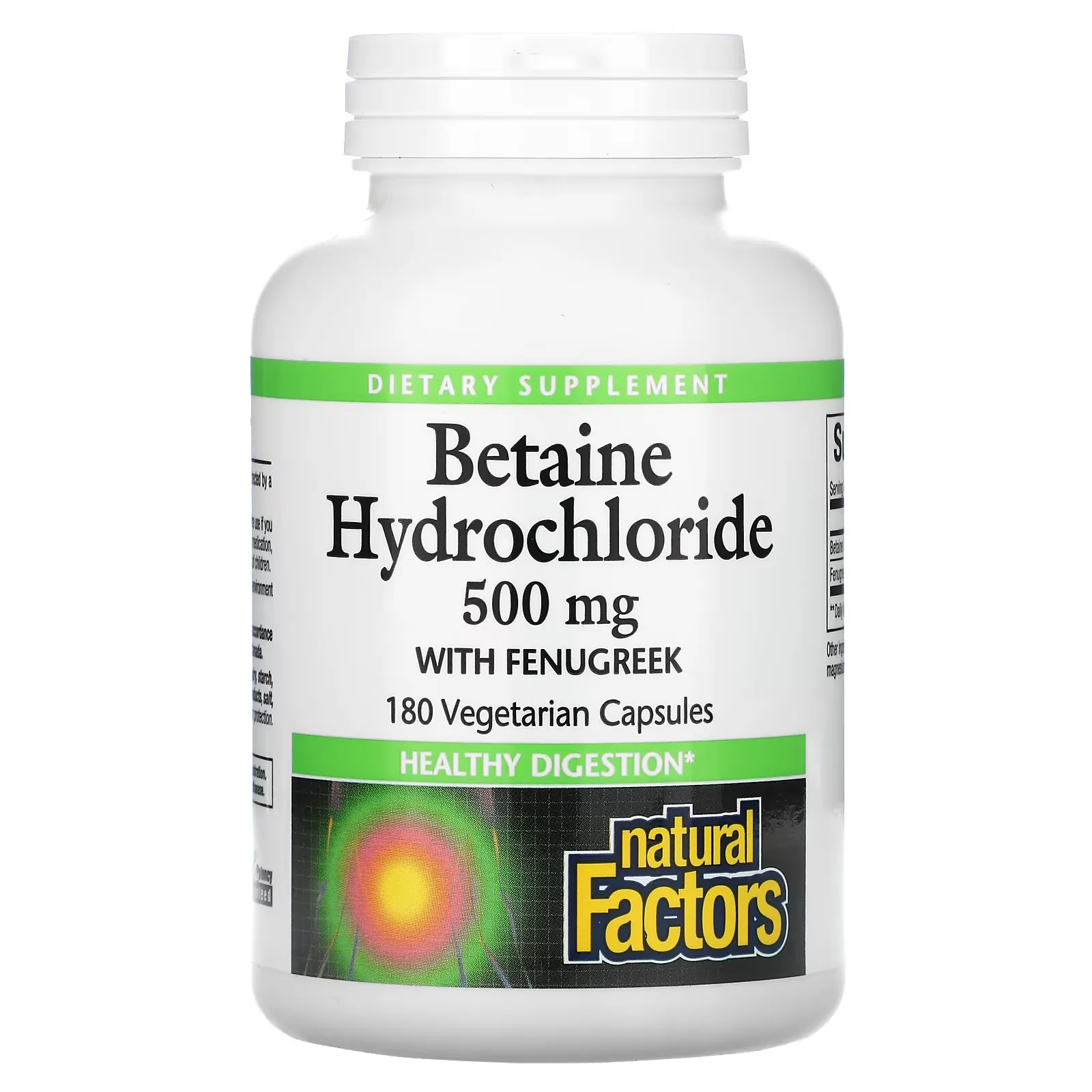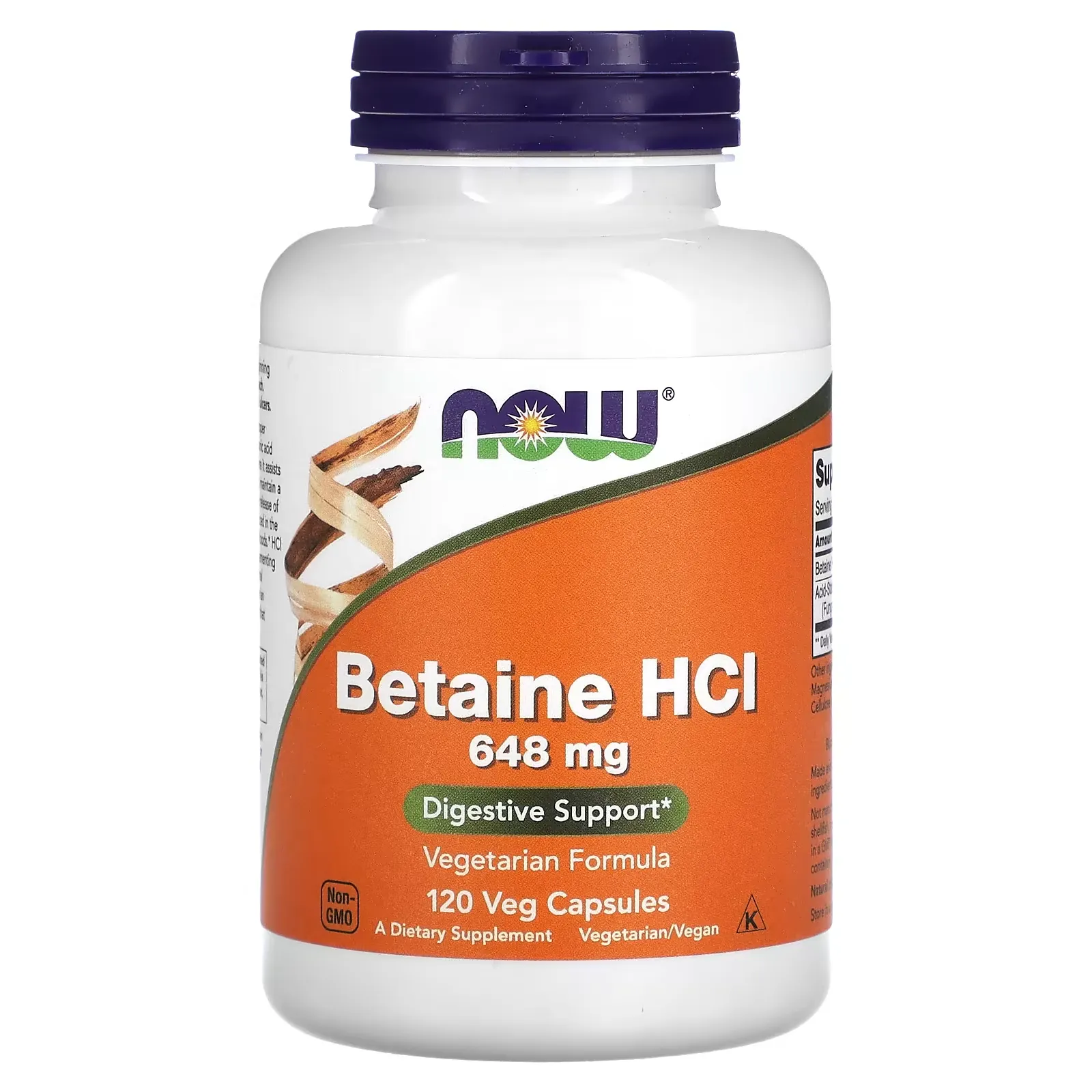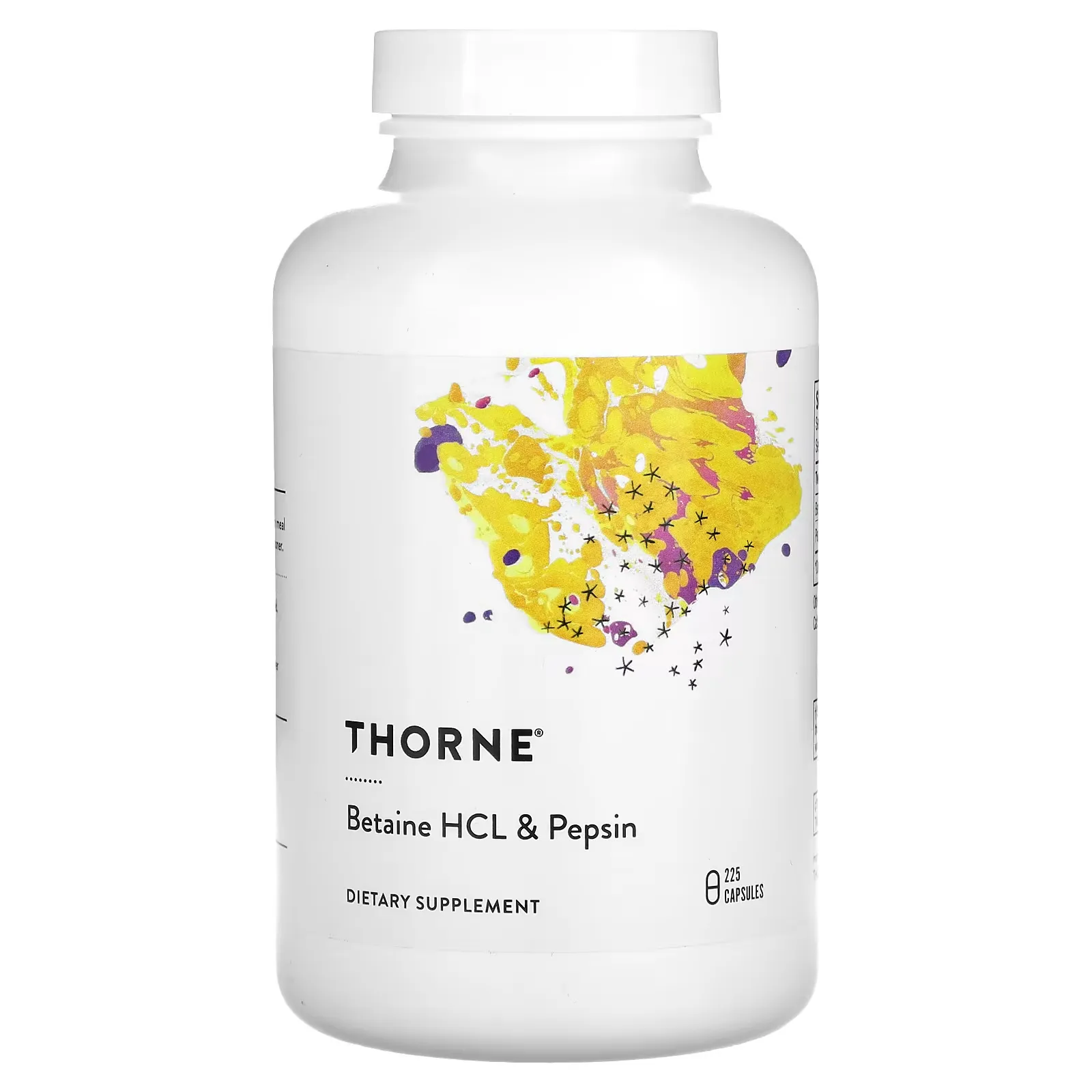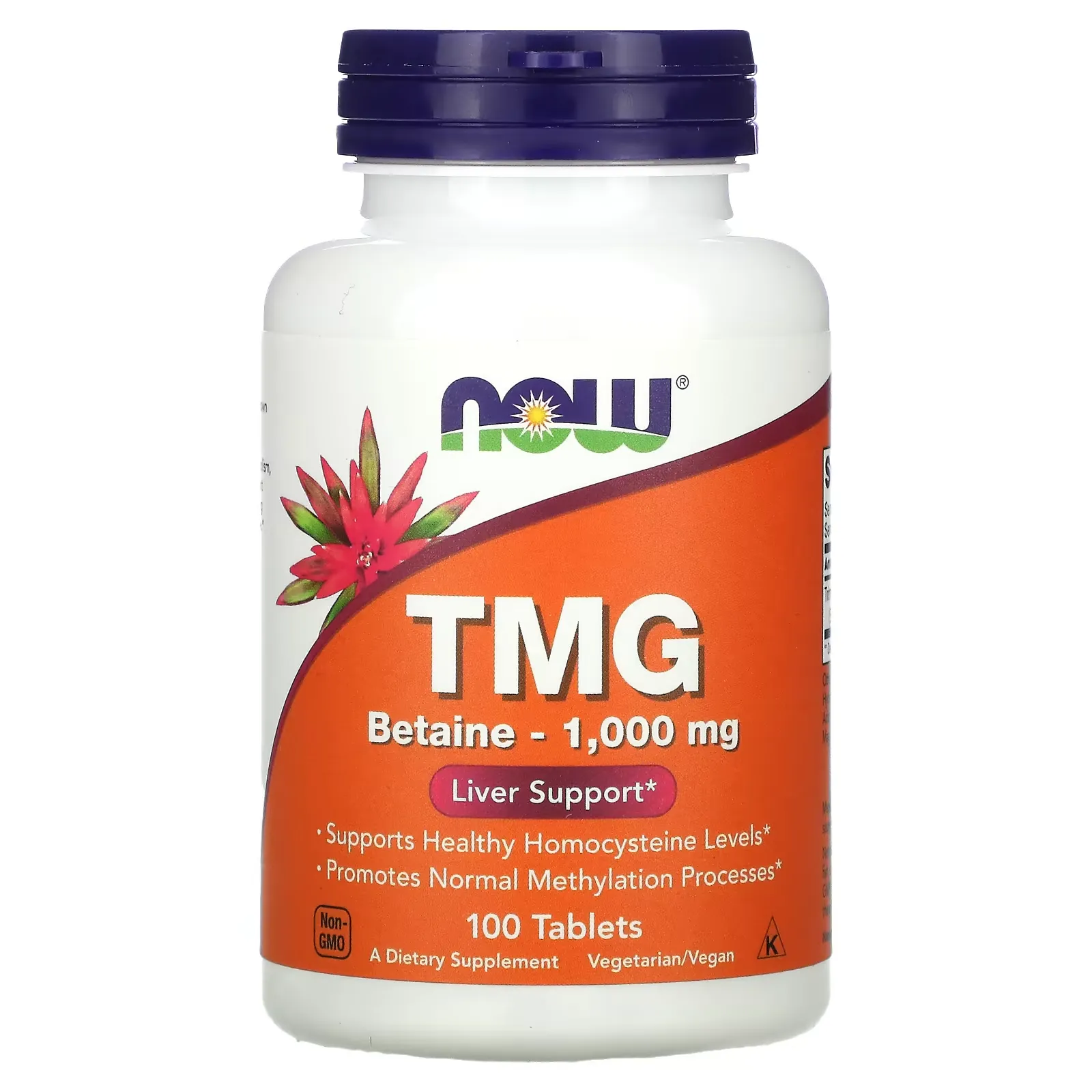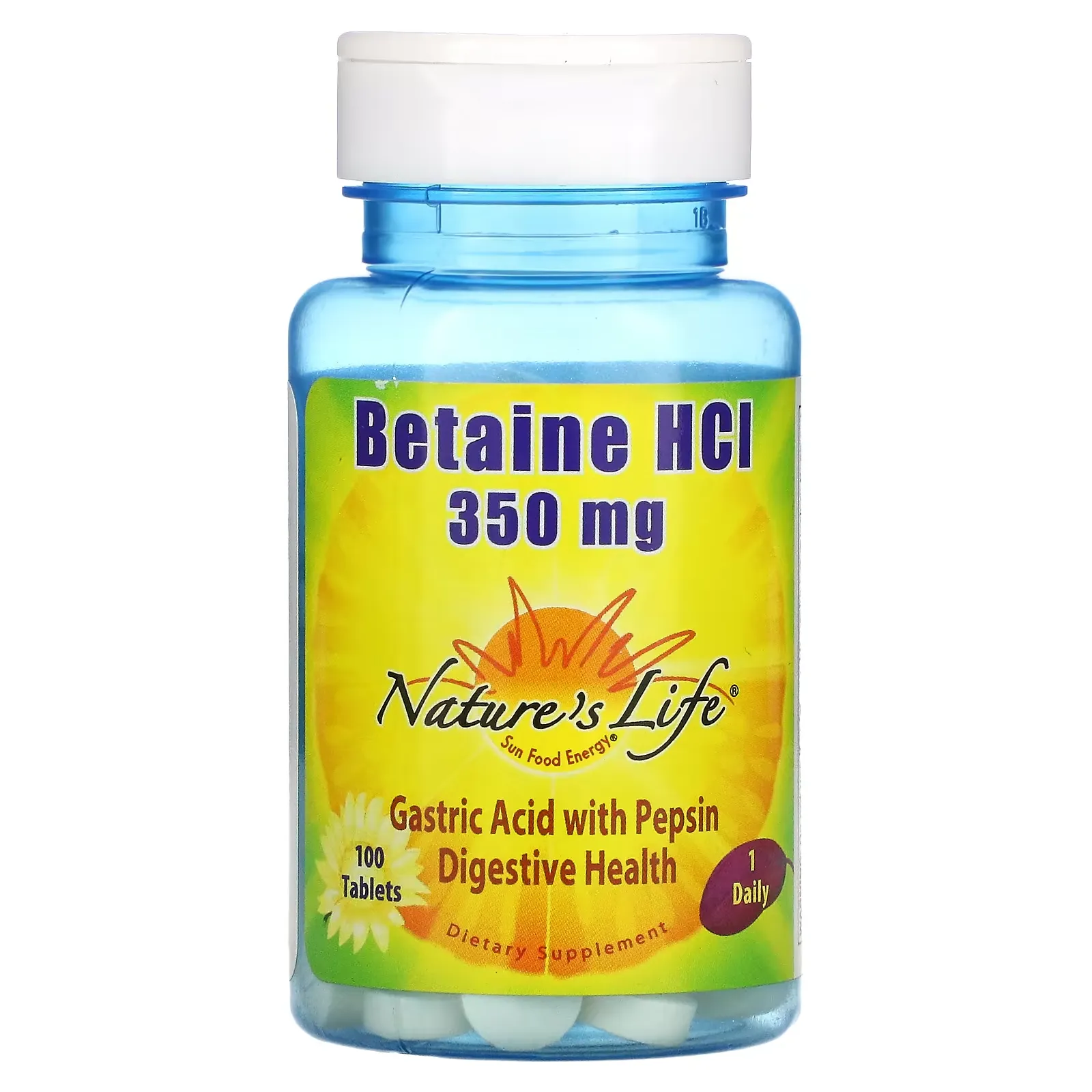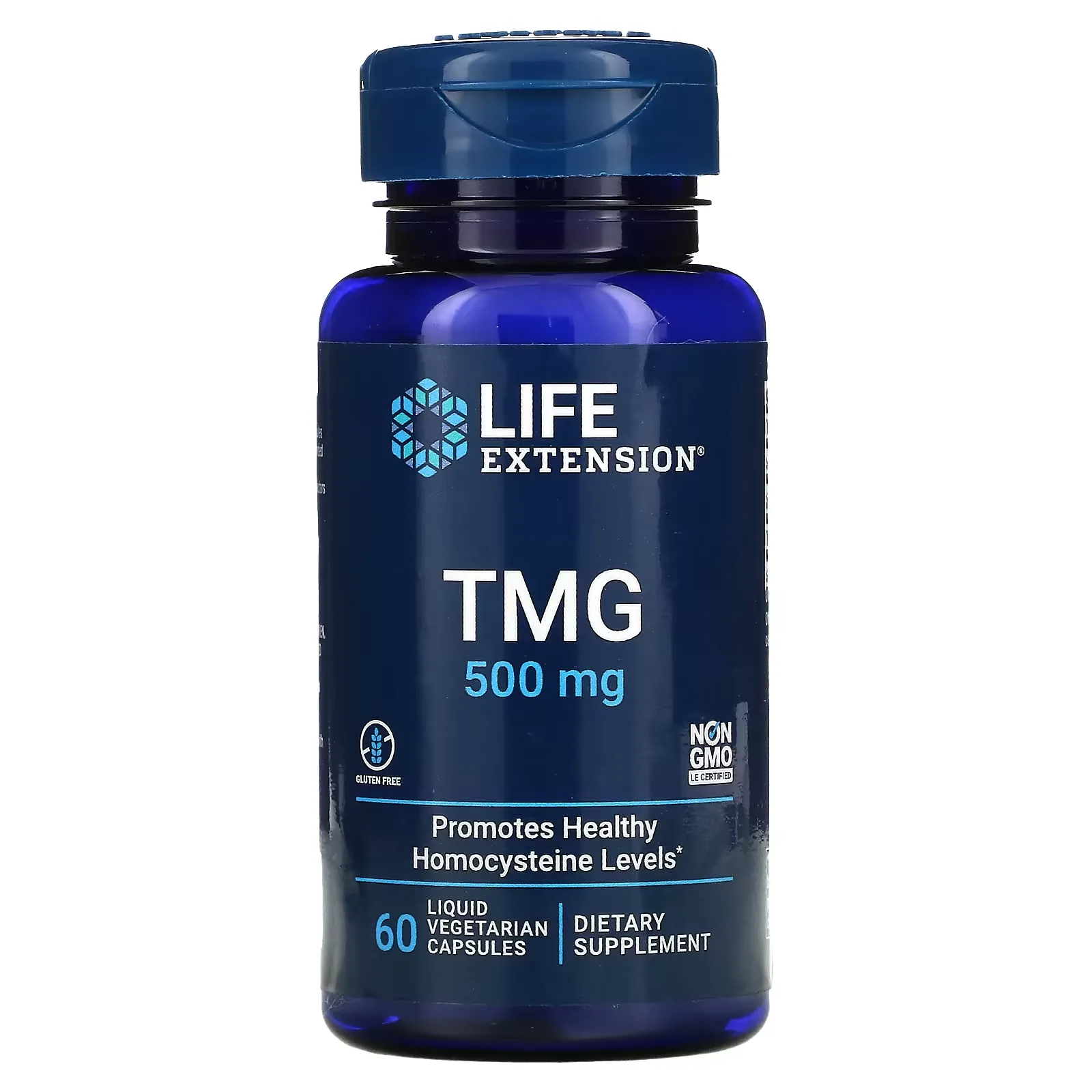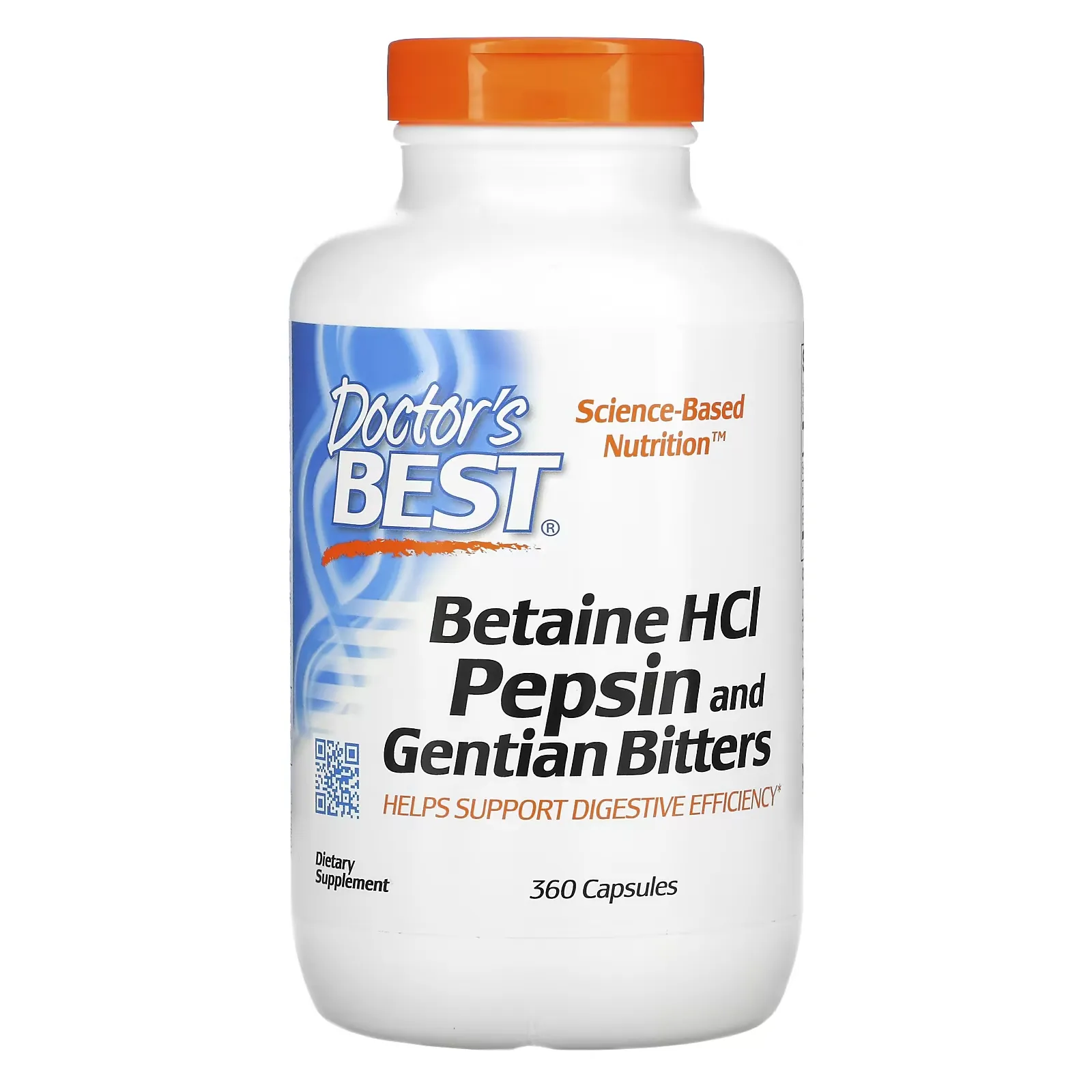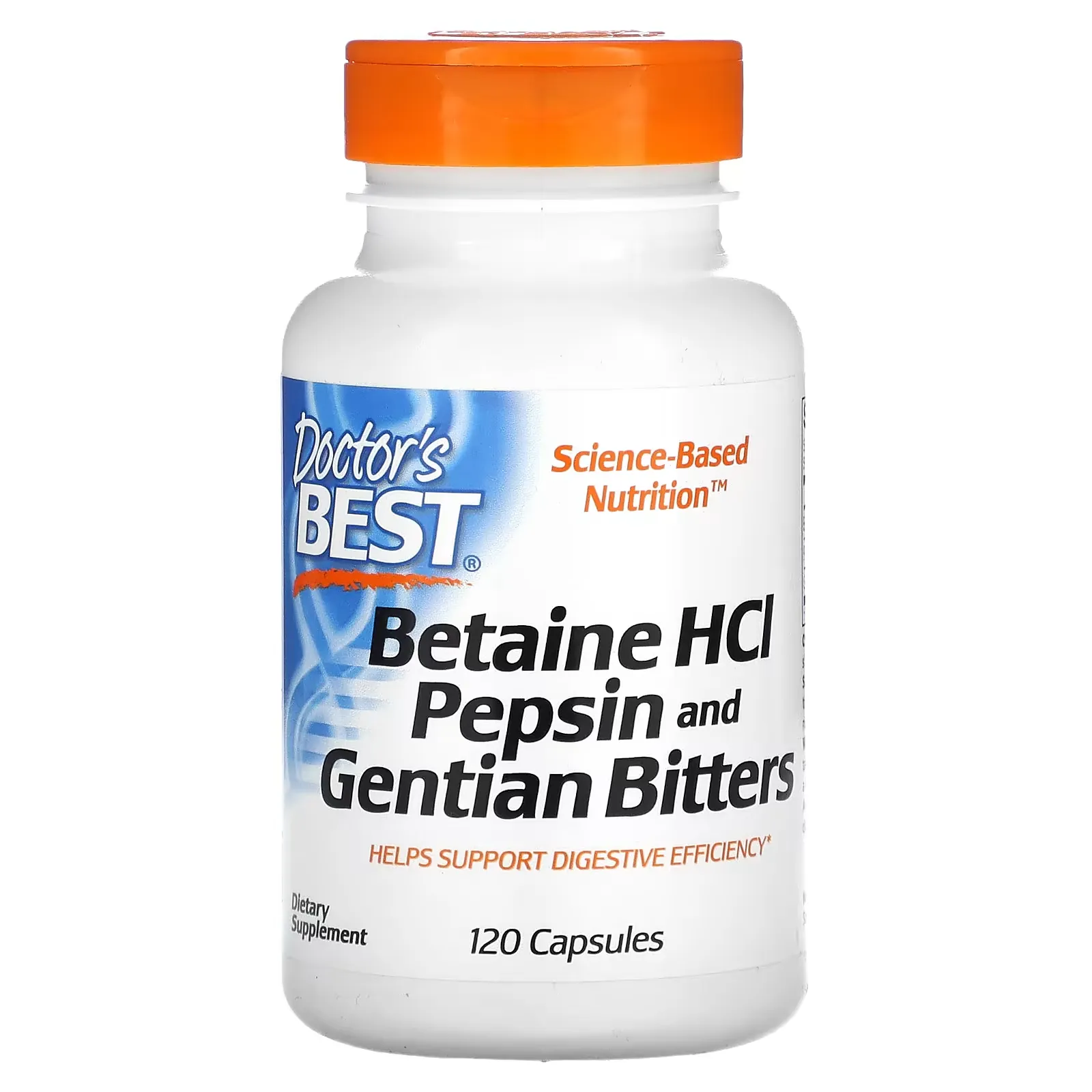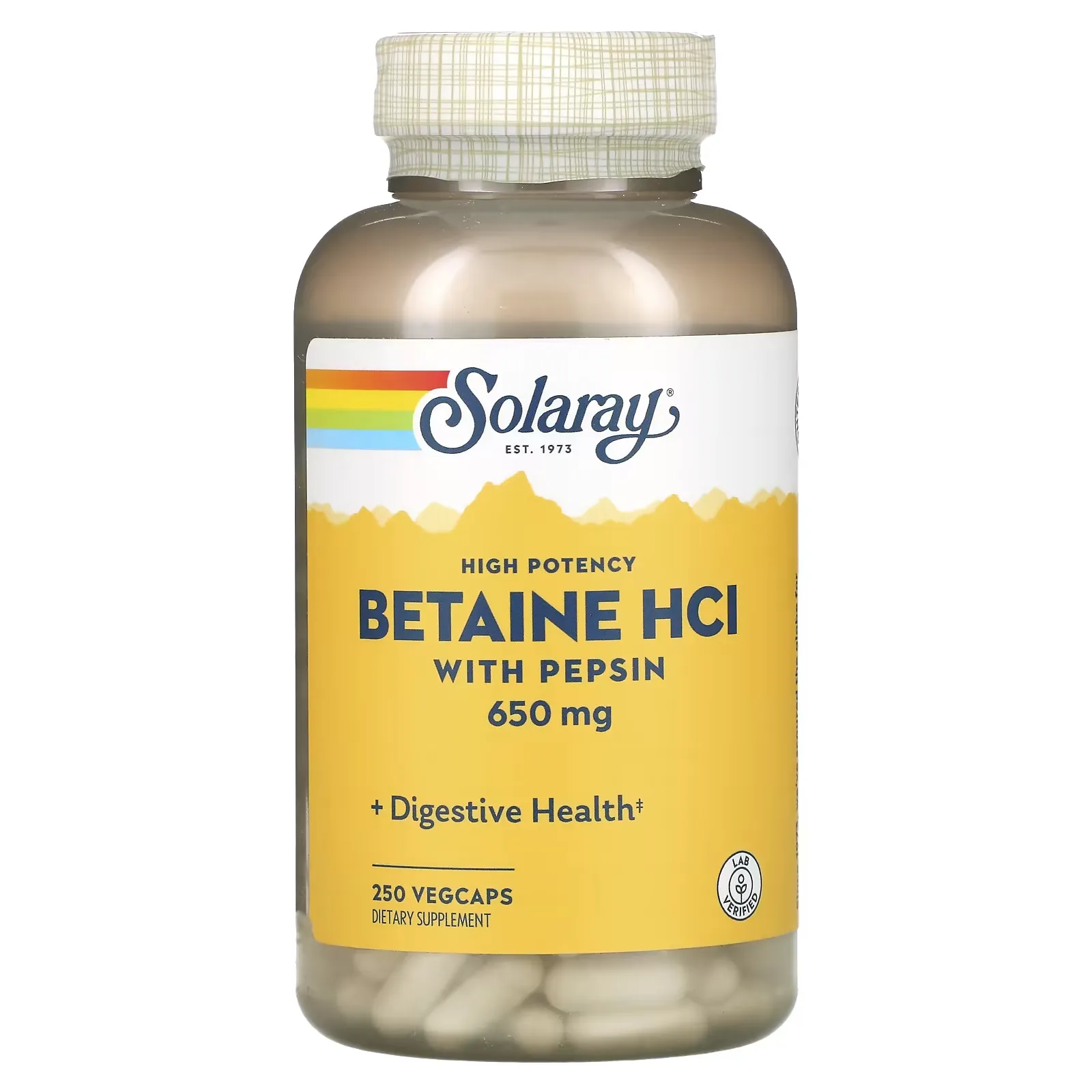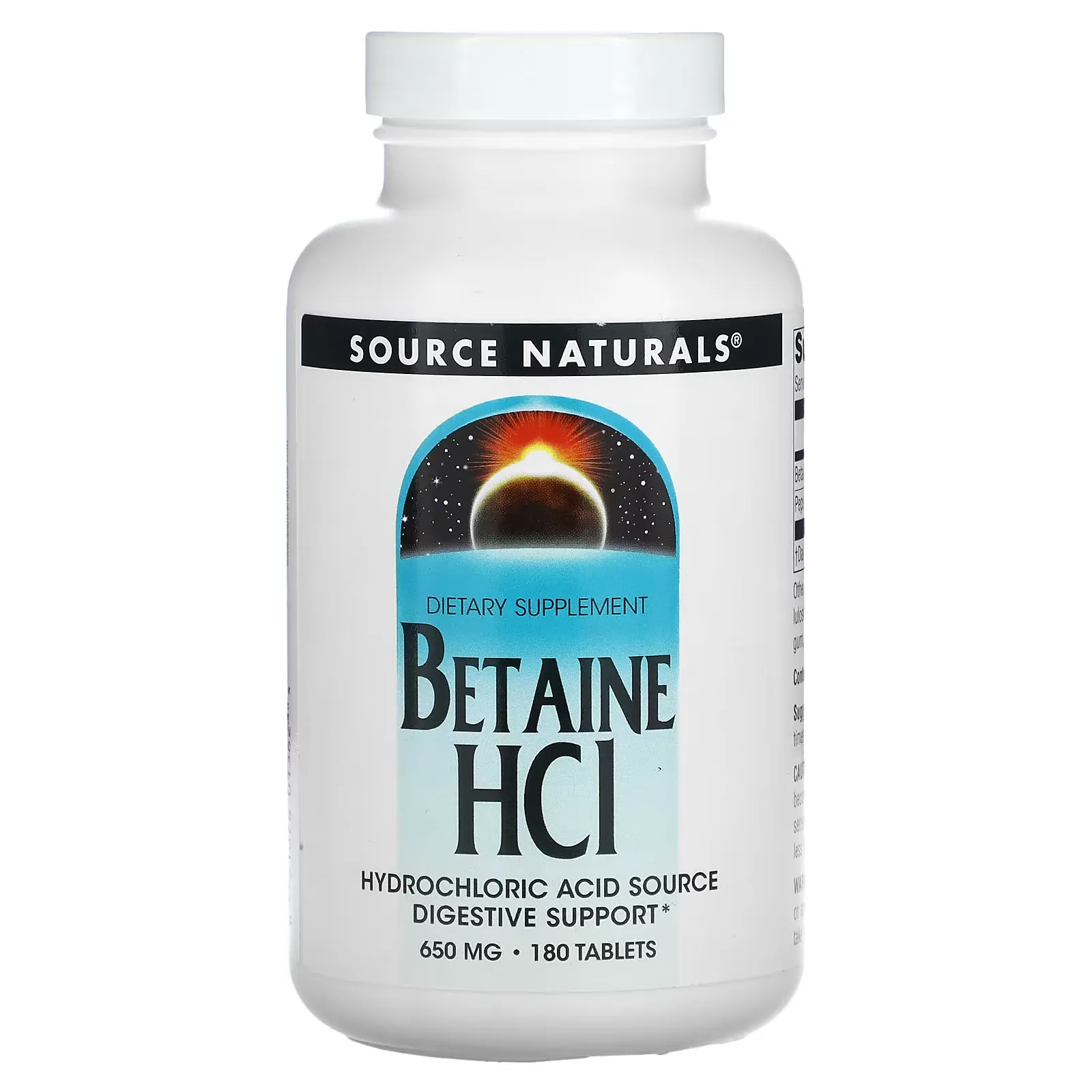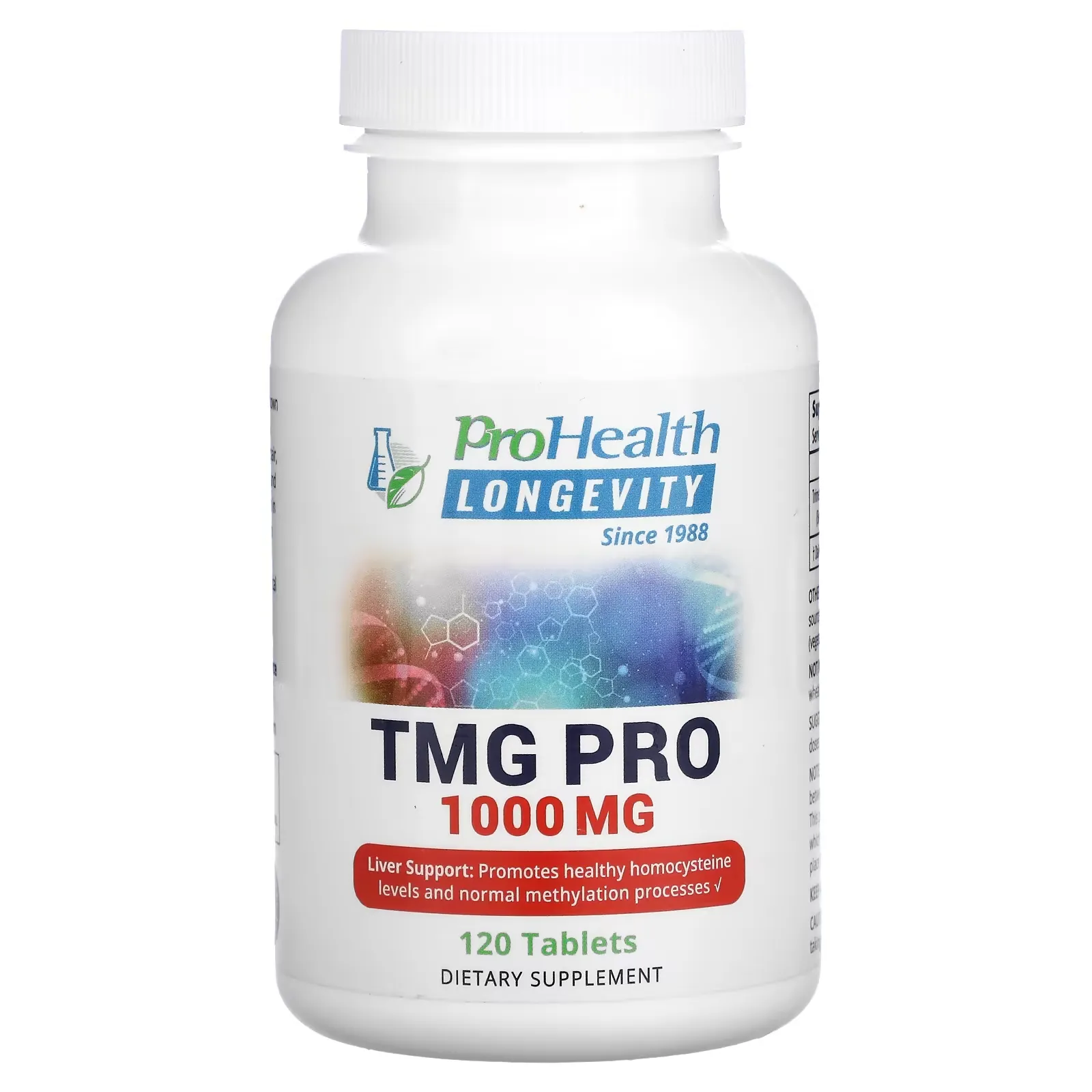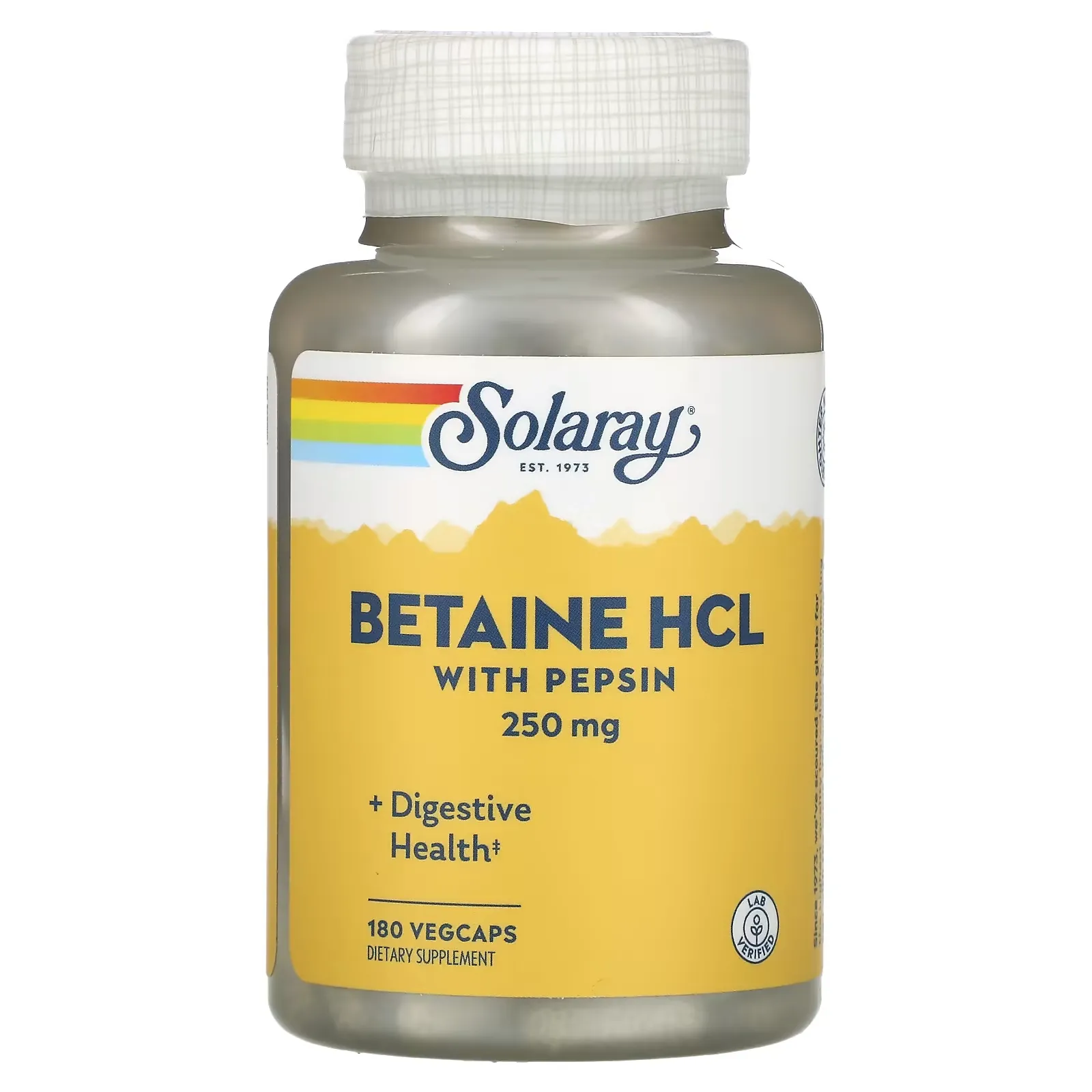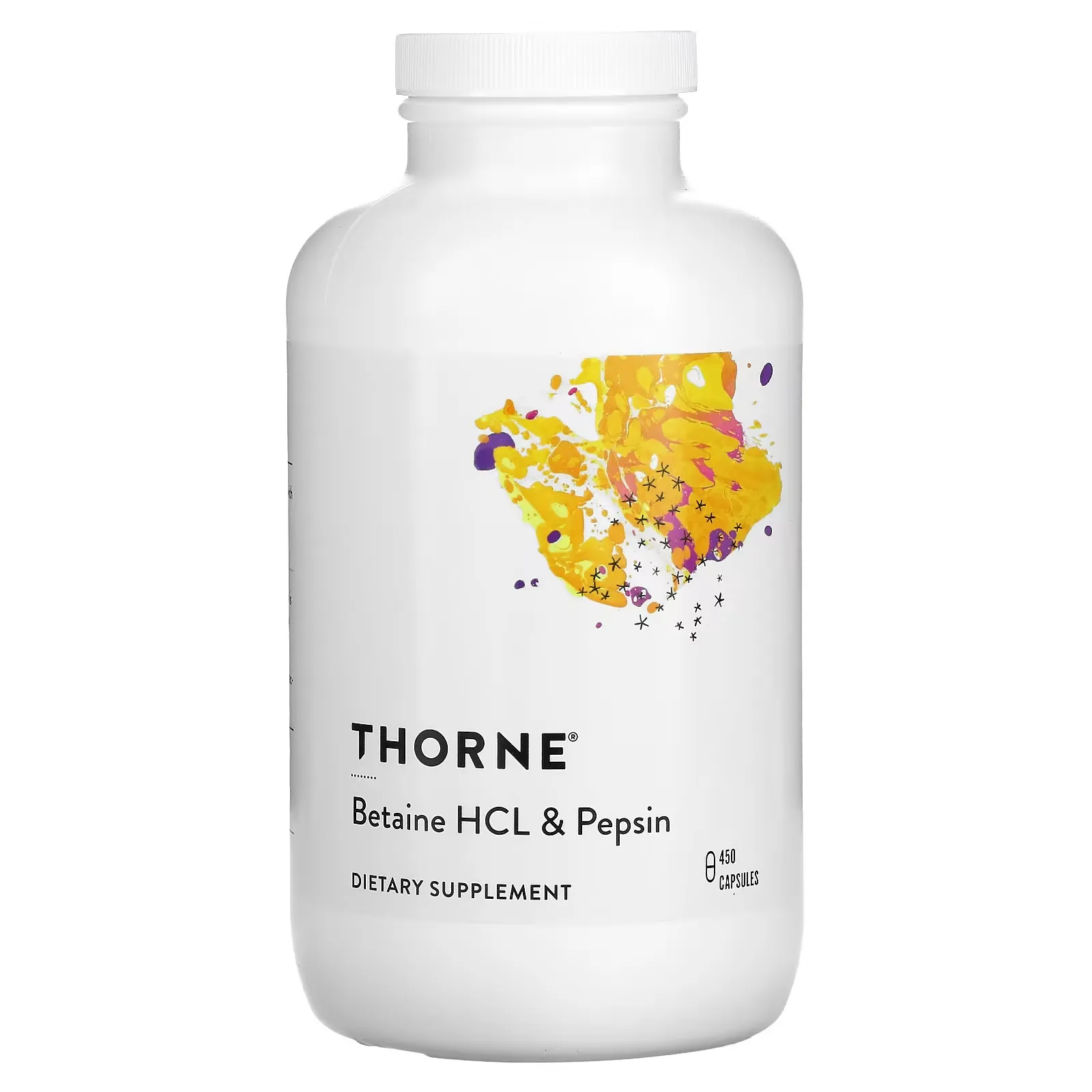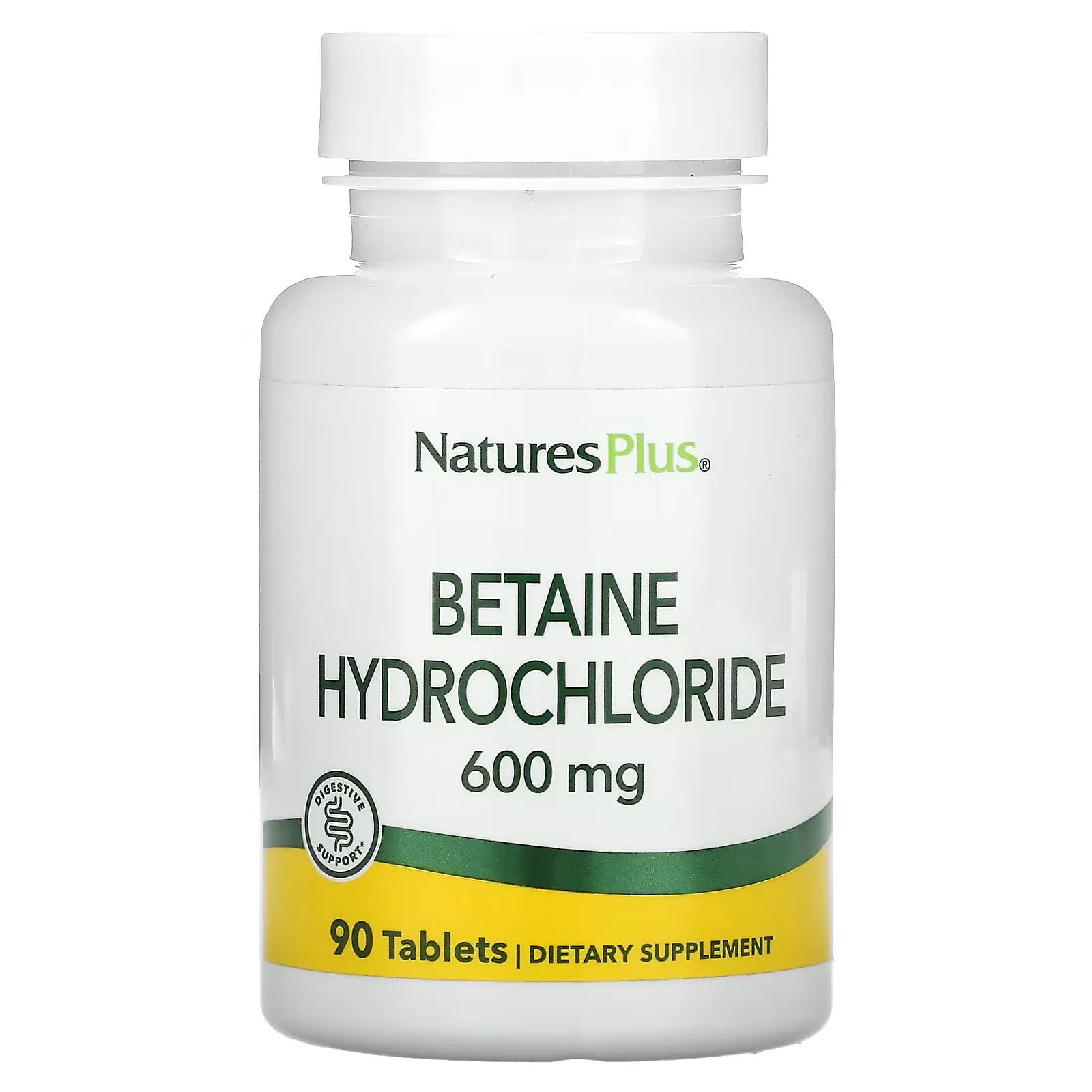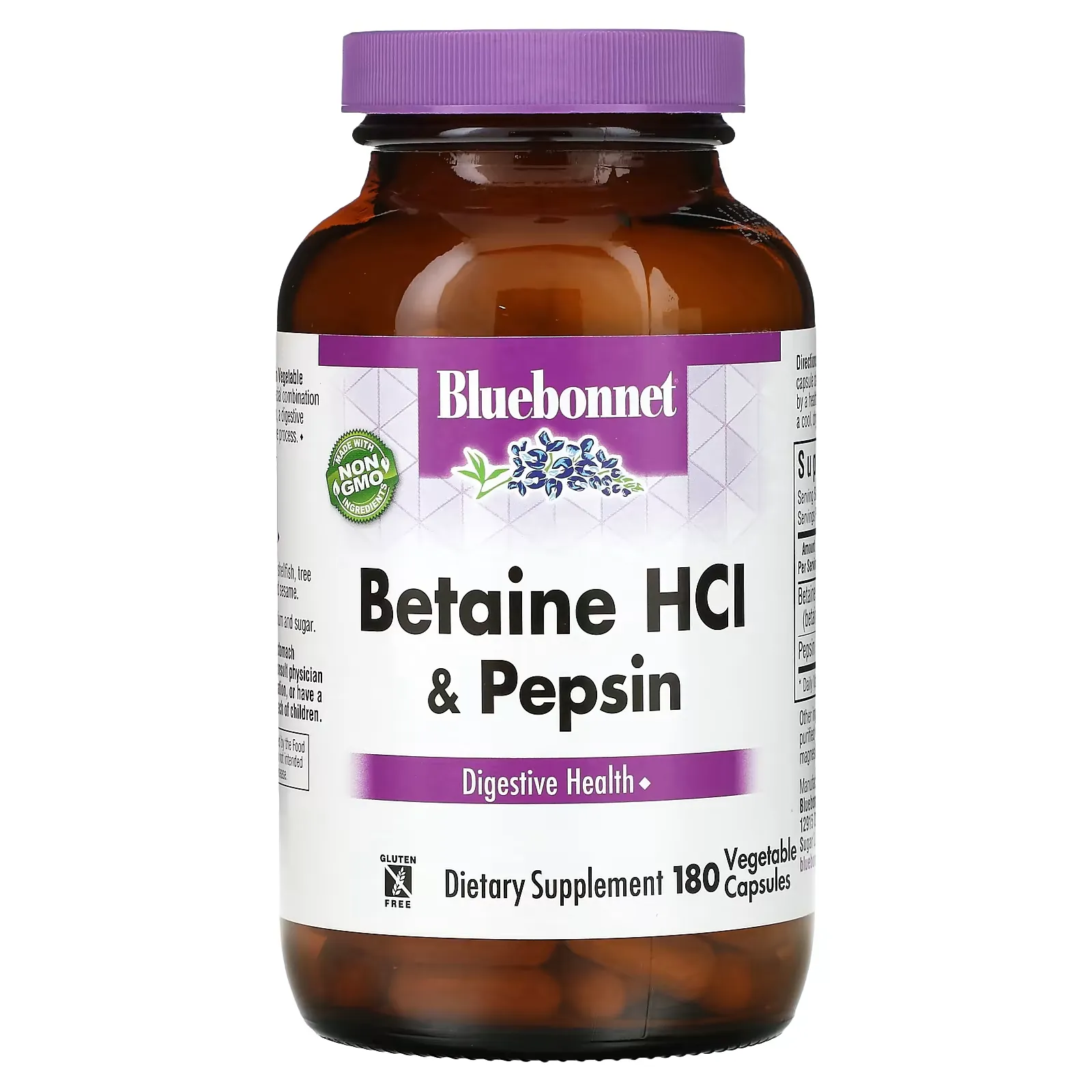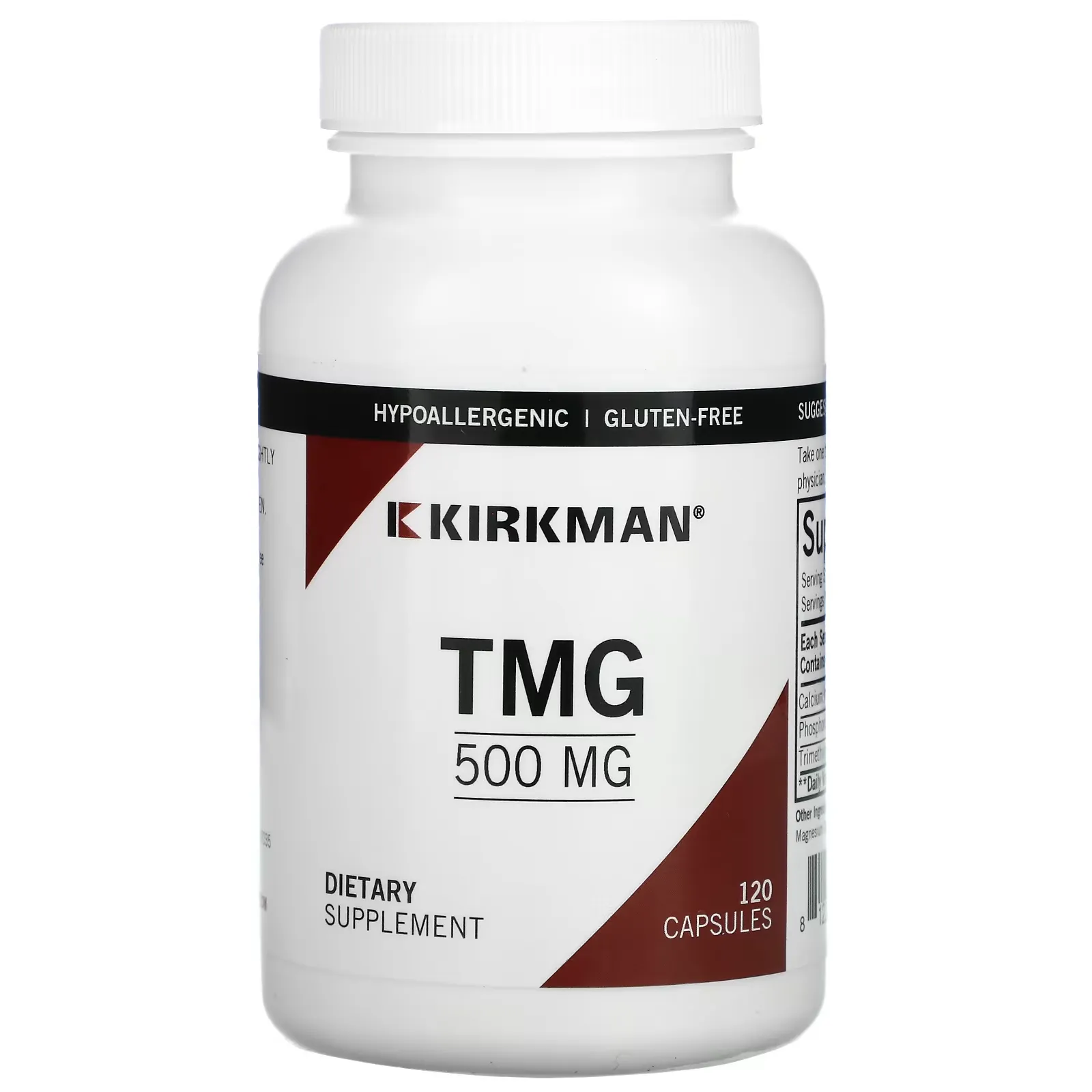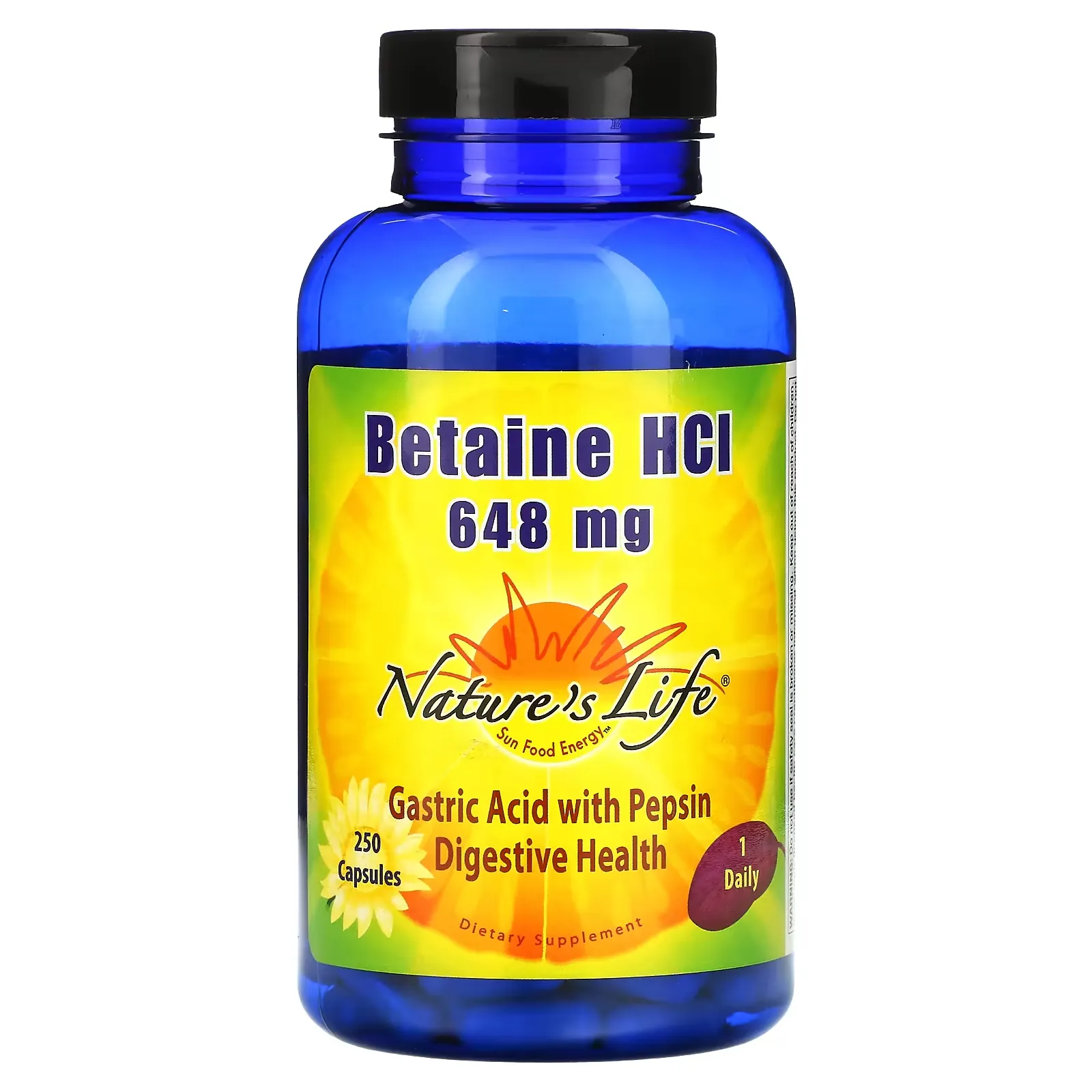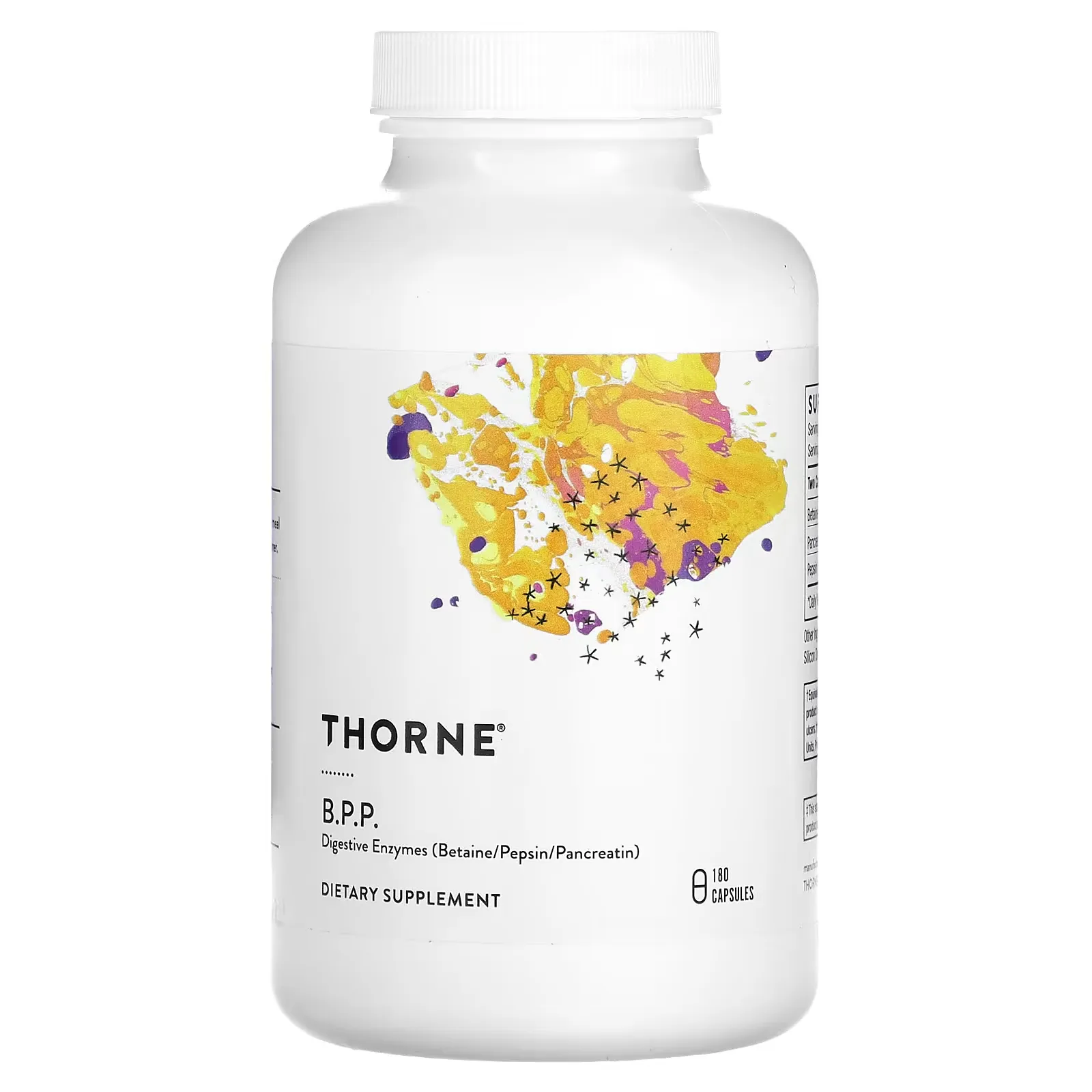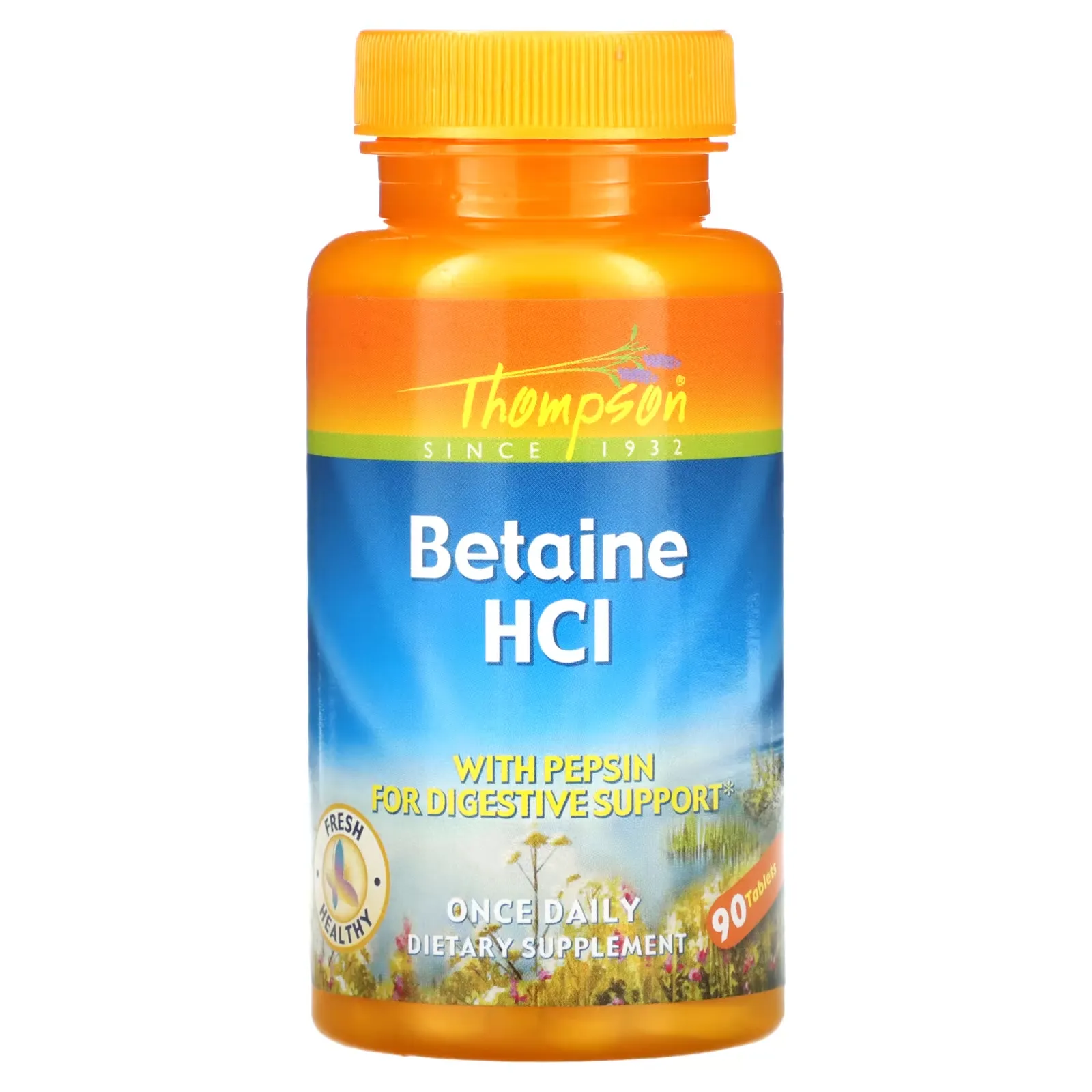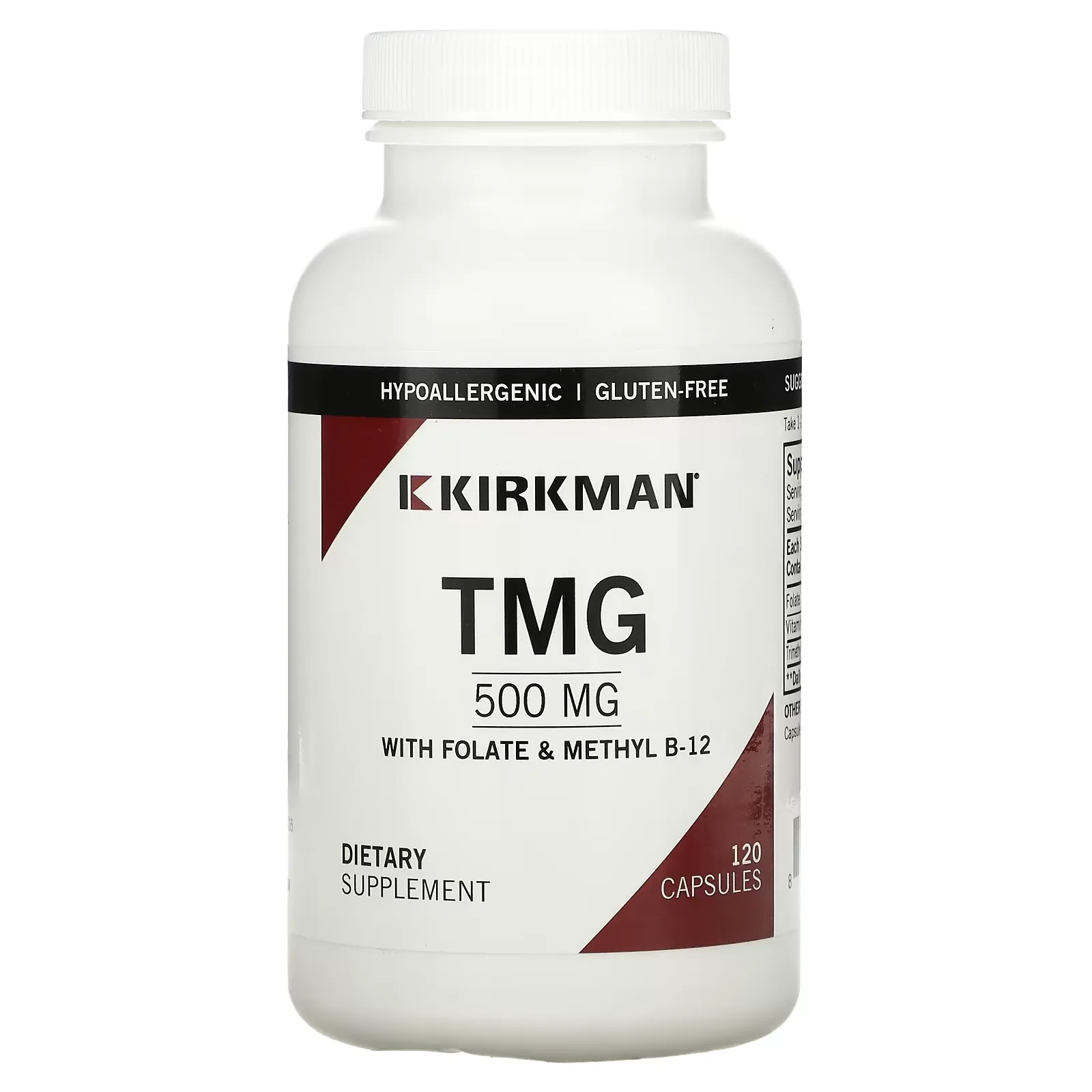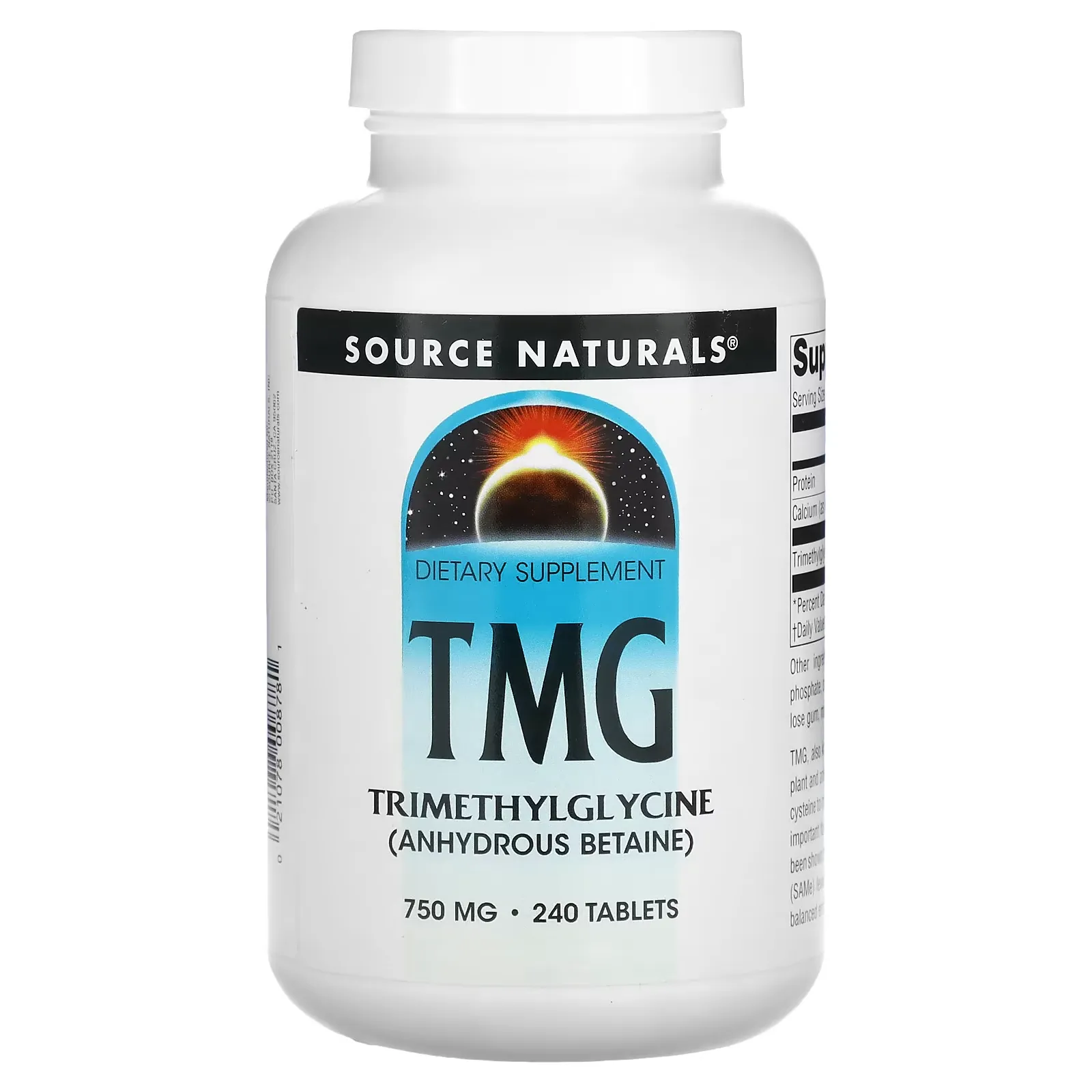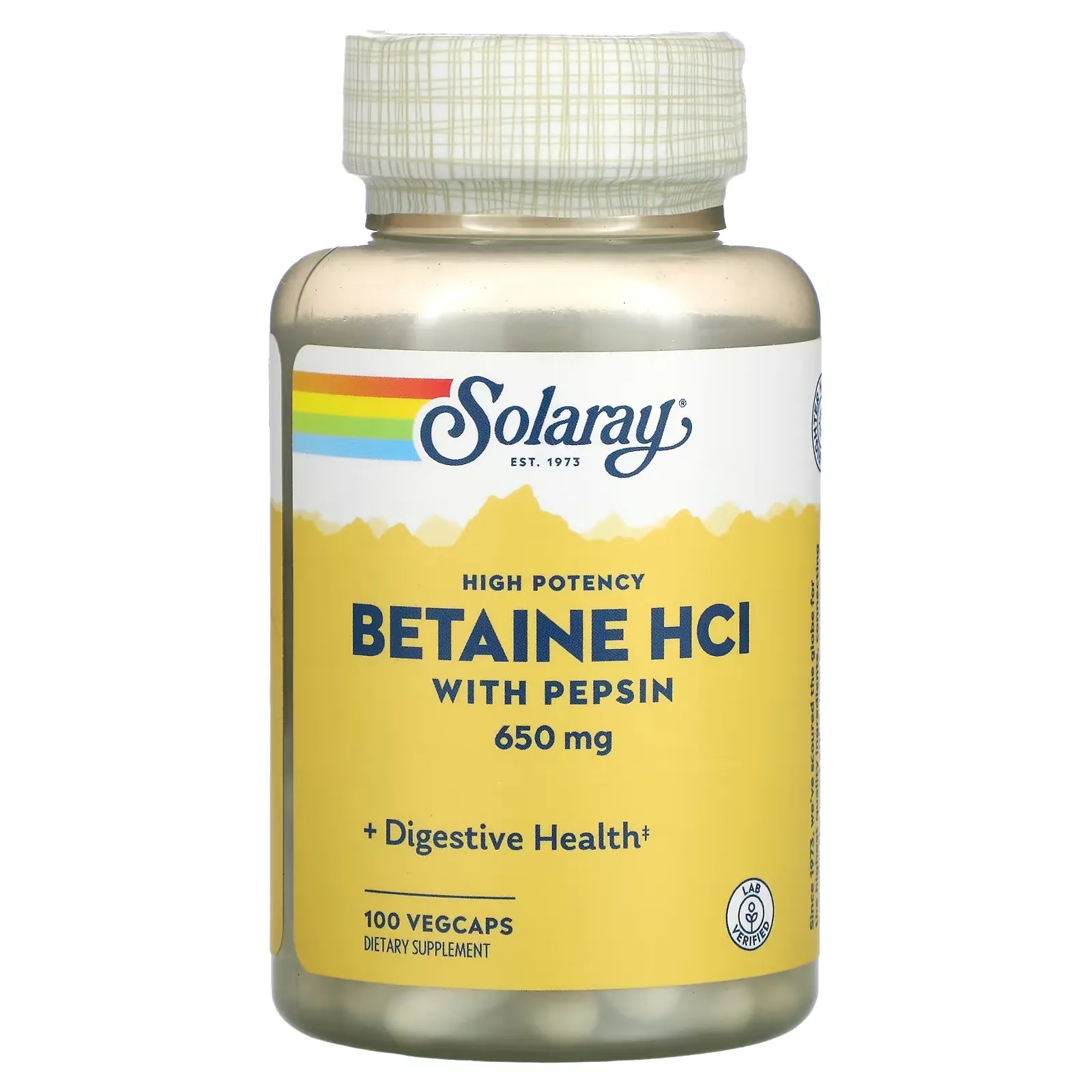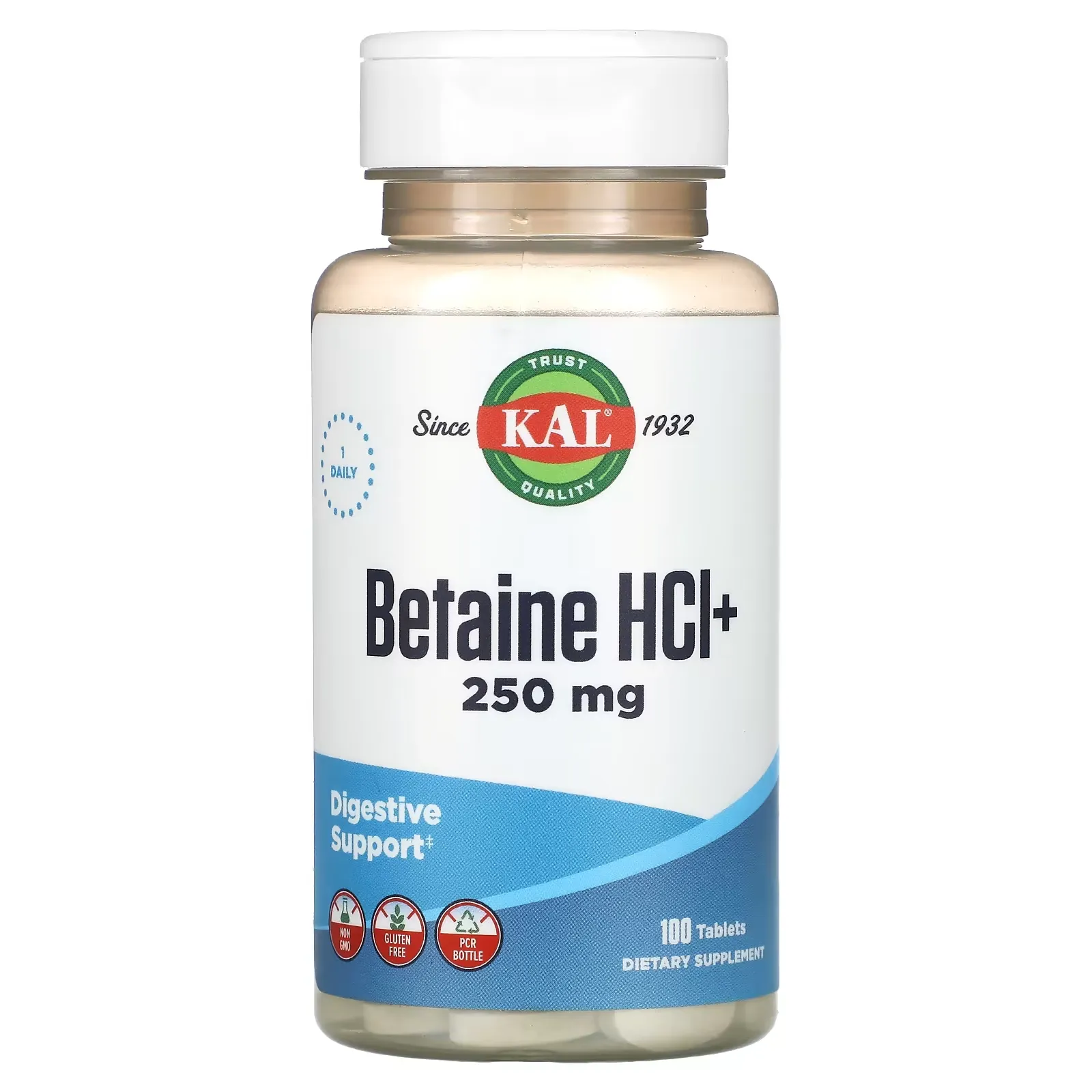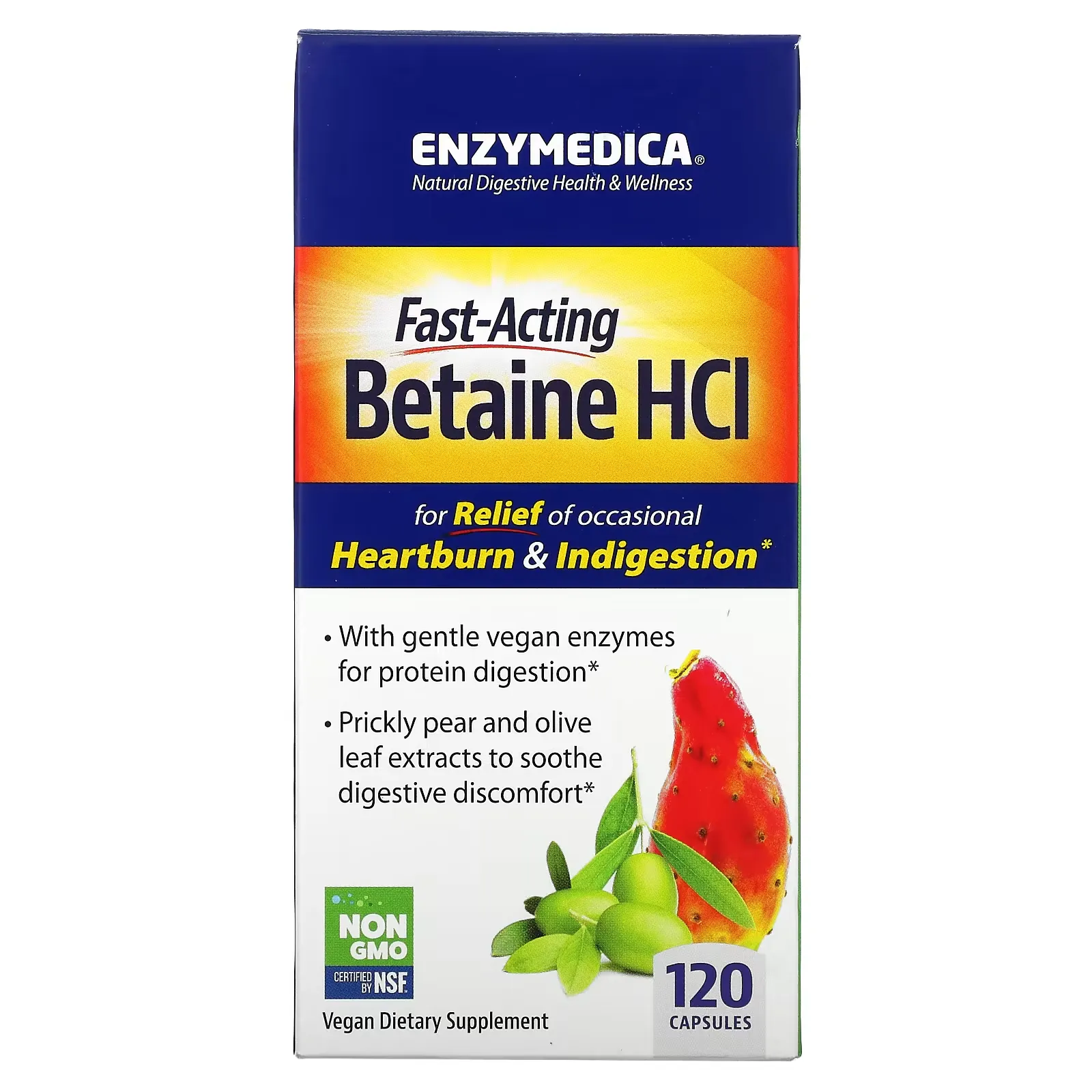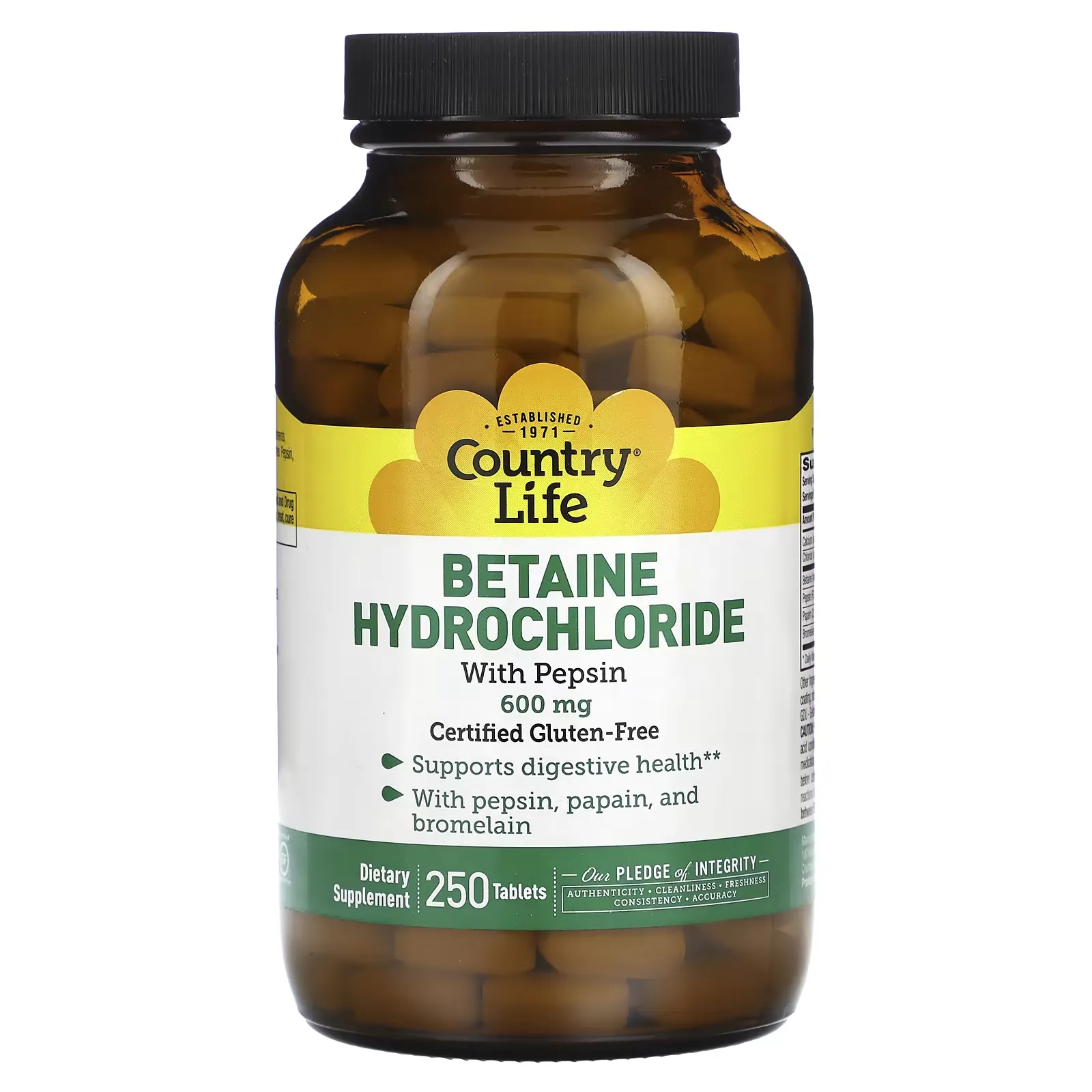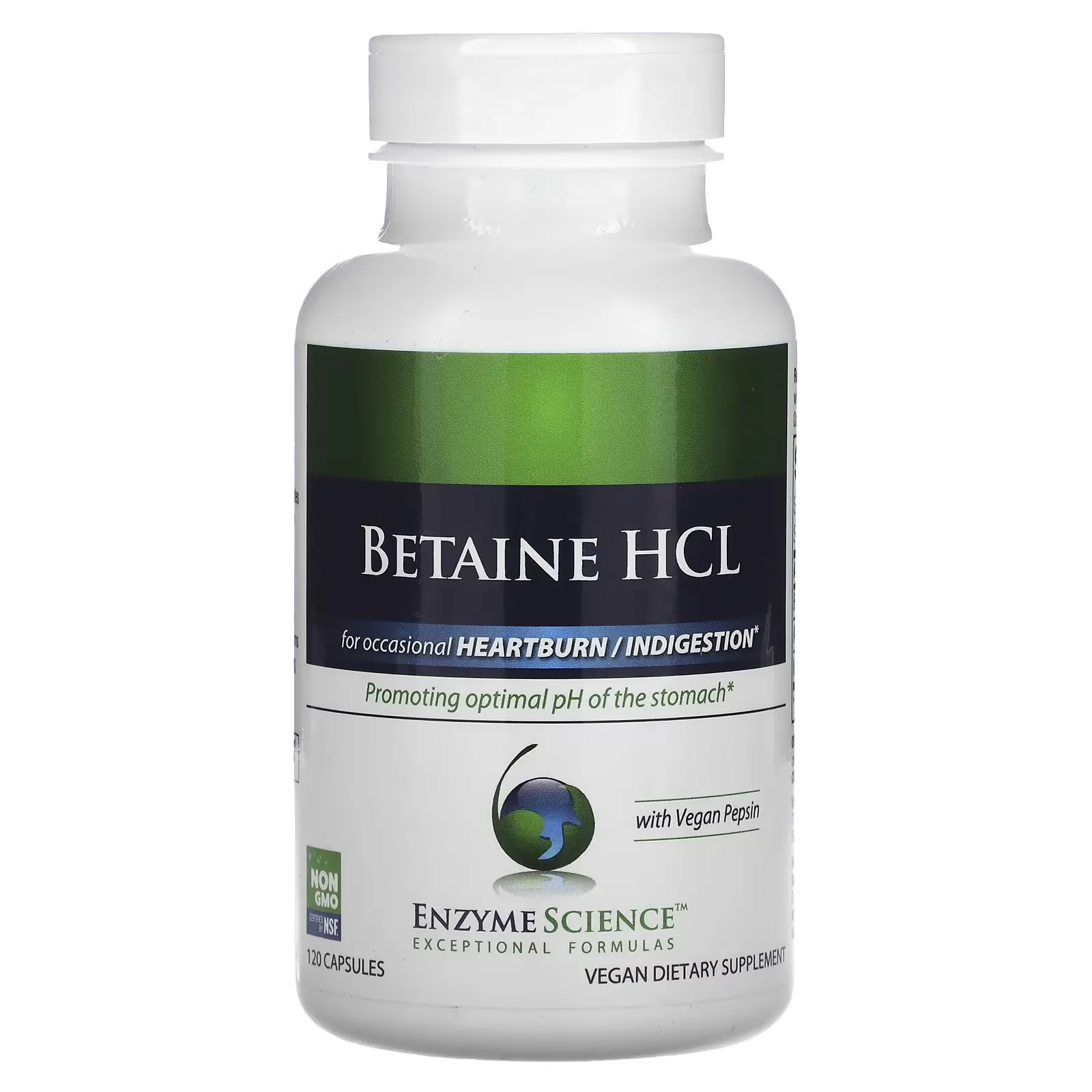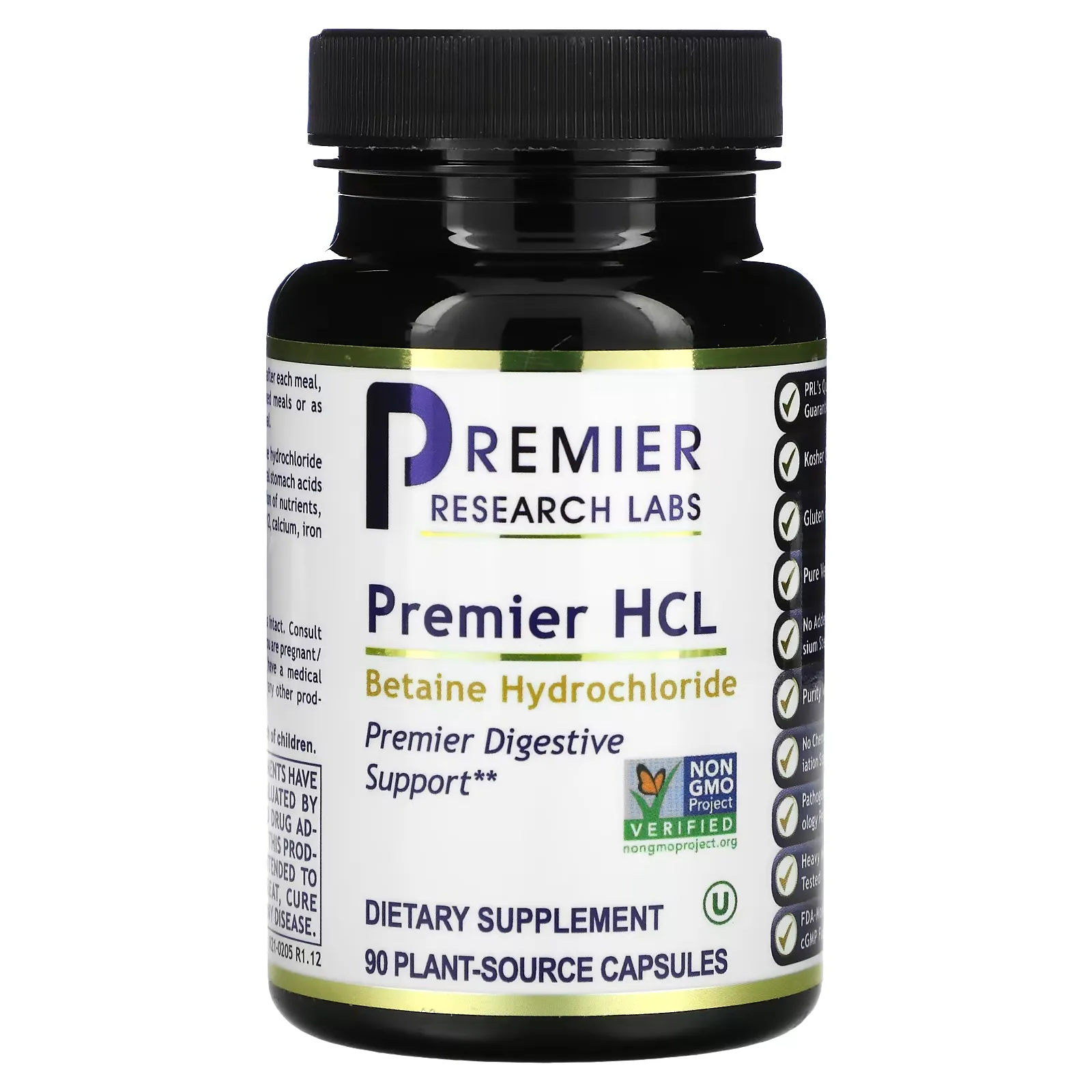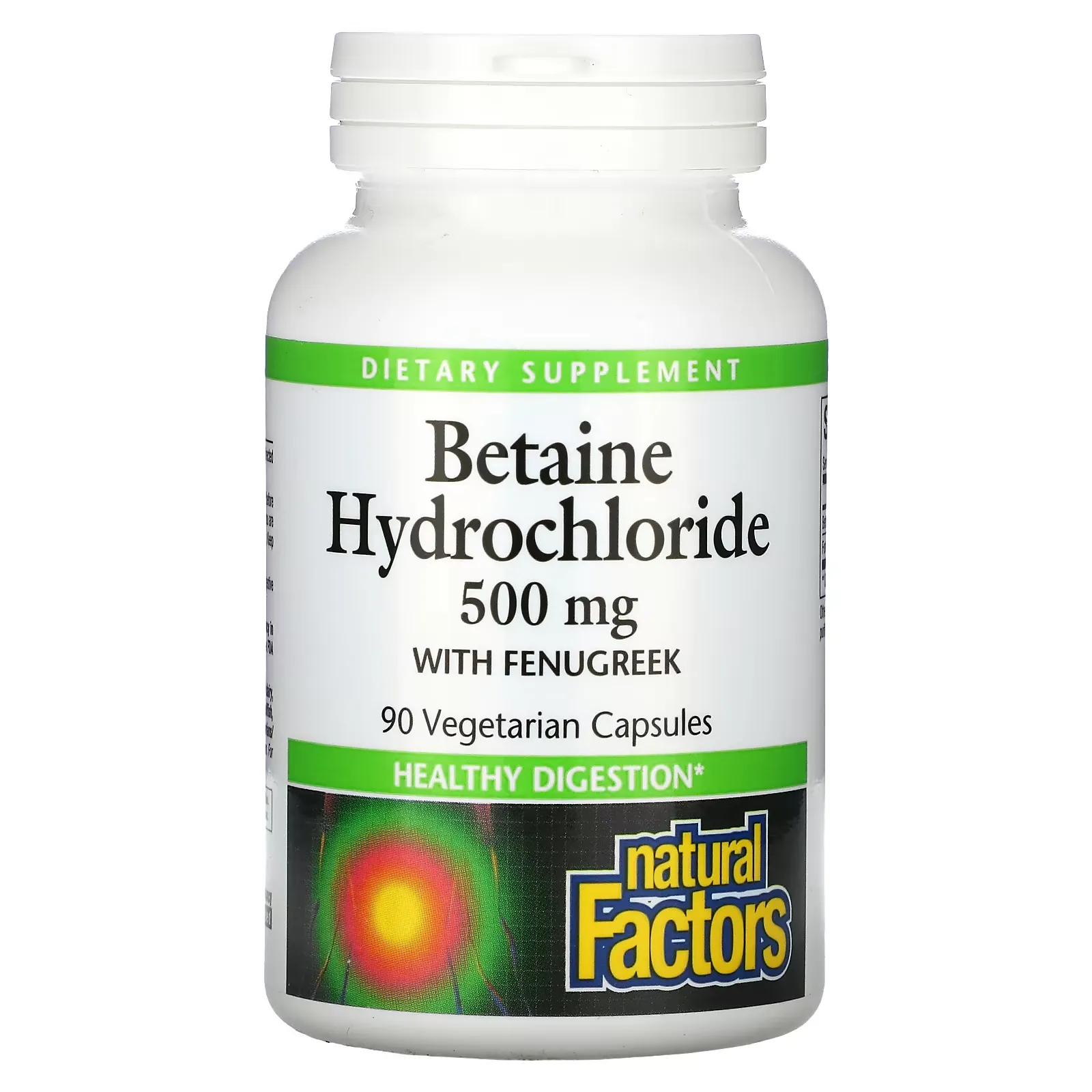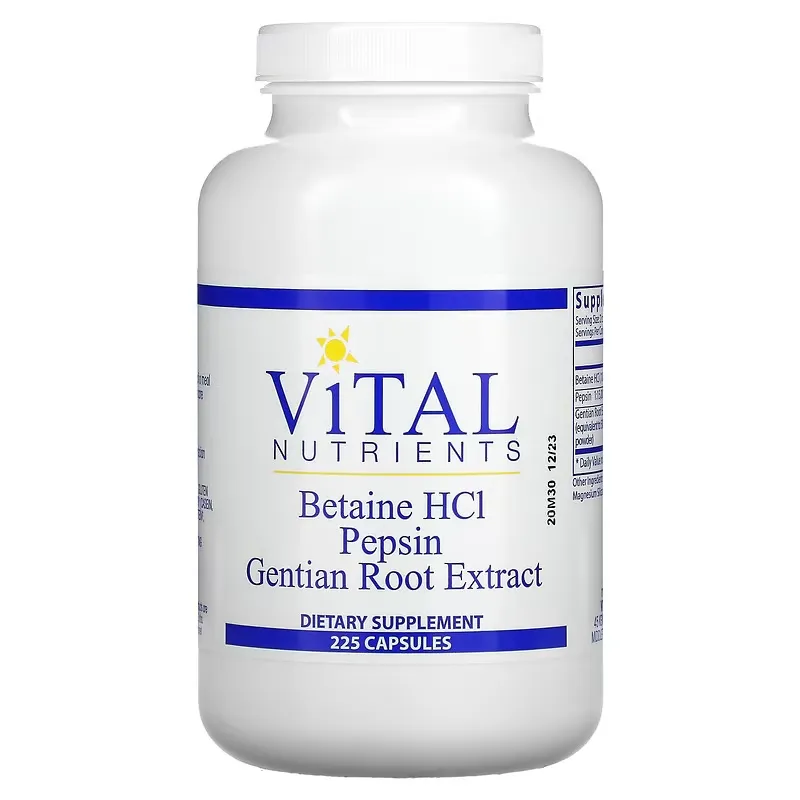Ingredients
None.
Supplement Facts
| Supplement Facts | ||
| Serving Size: 1 Rounded Scoop (approx. 525 mg) | ||
| Amount Per Serving | %Daily Value | |
| Trimethylglycine (TMG) (as betaine anhydrous) | 500 mg | ** |
| **Daily Value not established. | ||
Warnings
Store tightly closed in a cool, dry place.
- Keep out of reach of children.
- Do not exceed recommended dose.
- Do not purchase if outer seal is broken or damaged.
- When using nutritional supplements, please consult with your physician if you are undergoing treatment for a medical condition or if you are pregnant or lactating.
Dimensions
dimensions: 4.3 x 1.95 x 1.95 indimensionsIn: 4.3 x 1.95 x 1.95 in
dimensionsCm: 10.9 x 5 x 5 cm
Weight
weight: 0.17 lbweightLb: 0.17 lb
weightKg: 0.08 kg
- Gluten Free
- Non GMO LE Certified
- Promotes Healthy Homocysteine Levels
- Dietary Supplement
- Vegetarian
Trimethylglycine (TMG) is also called glycine betaine, but the name trimethylglycine signifies that it has three methyl groups attached to each molecule of glycine. Wheat bran is the main dietary source of TMG, with smaller amounts available in other cereal grains. TMG can also be made in the body from choline, an essential nutrient found in eggs, soybeans and many other foods.
TMG was found to be beneficial to heart health in the 1950s. Like some of the B vitamins (B6, B12 and folate), TMG is a methyl donor, providing extra methyl groups to hasten the conversion of homocysteine back to methionine. When a TMG methyl group is donated to a molecule of homocysteine, it converts it to the non-toxic amino acid, methionine.
The role of TMG in healthy homocysteine metabolism is even more important when B vitamin levels are low. Some evidence suggests TMG may be more efficient at regulating homocysteine levels than folate. Research showing TMG's ability to promote healthy levels of homocysteine already within normal range, alone or in conjunction with other nutrients, confirms its status as an important nutrient for cardiovascular and overall health.
TMG has been associated with healthy blood pressure and mitochondrial function, and has been found to be linked to cardiovascular health. TMG has also been found to promote healthy liver function. Studies show TMG can support a healthy inflammatory response by inhibiting expression of NFkappaB, TNF-alpha, and other inflammatory proteins, which may partially explain its positive impacts. Because intestinal microbes can make various by-products from TMG, the health of the gut microbiome influences the effects of TMG in the body.

